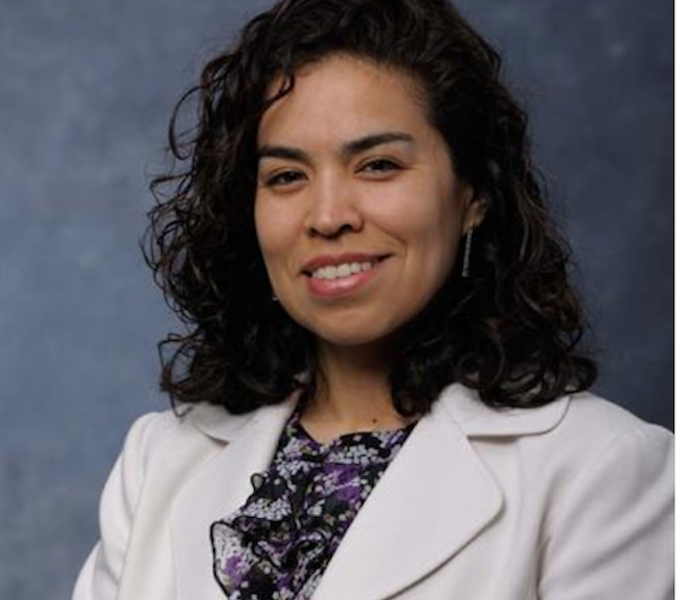Faculty
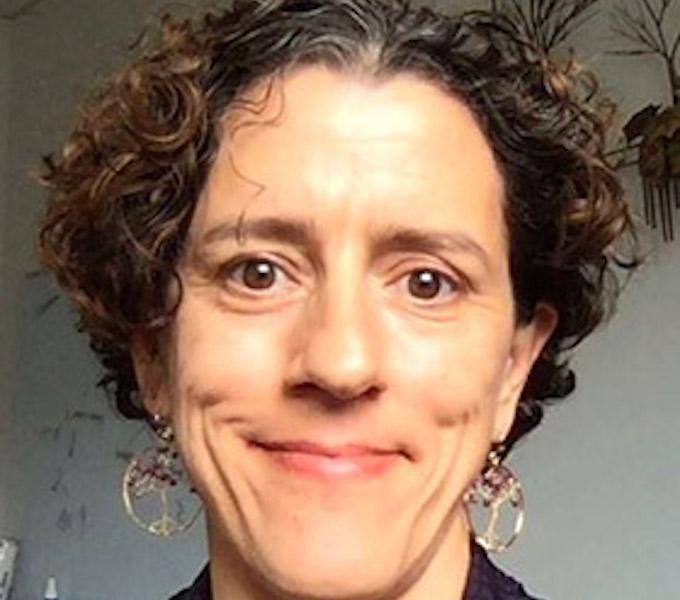
My research is on the early pregnancy origins of exposure-related risk to the long-term health of the child. My unique contribution to this question includes deep thinking and experimentation on the role of the human placenta.
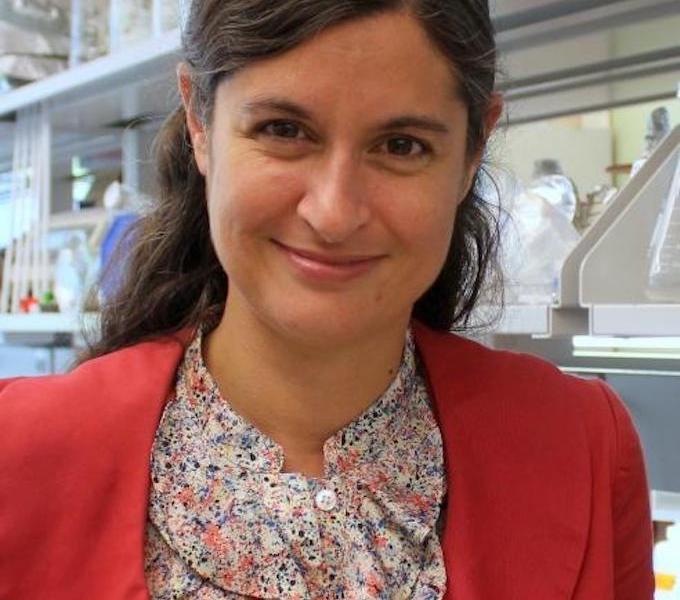
Circuit dynamics underlying pathology and treatment of compulsive behaviors and anxiety disorders; Ongoing projects in the lab focus on identifying molecular changes and plasticity mechanisms related to compulsive behaviors, as well as exploring the molecular and circuit mechanisms of anxiety and the interplay between stress, anxiety, and the development of compulsive behaviors.

Our lab uses structural and functional MRI to study the brain changes associated with aging, and the disorders of aging
*Currently accepting Graduate Students

The Ambrose laboratory studies antiretroviral therapeutics used for HIV-1 prevention and suppression, including the characterization of new drug targets against early steps of the virus life cycle, and the impact of drug resistance on HIV-1 transmission, prevention, persistence, and treatment.
*Currently accepting Graduate Students

She is the founder and faculty director of the Program for Research and Outreach on Gender Equity in Society (PROGRESS). Dr. Babcock's degrees include a BA in Economics from the University of California at Irvine and an MA and Ph.D. in Economics from the University of Wisconsin at Madison. She is a member of the Russell Sage Foundation’s Behavioral Economics Roundtable and has served on the economics review panel for the National Science Foundation. She has been a visiting professor at the University of Chicago's Graduate School of Business, the Harvard Business School, and the California Institute of Technology.

Tissue Engineering and Regenerative Medicine, emphasis upon clinical application; cell:biomaterial interactions; epimorphic regeneration in mammals
*Currently accepting Graduate Students
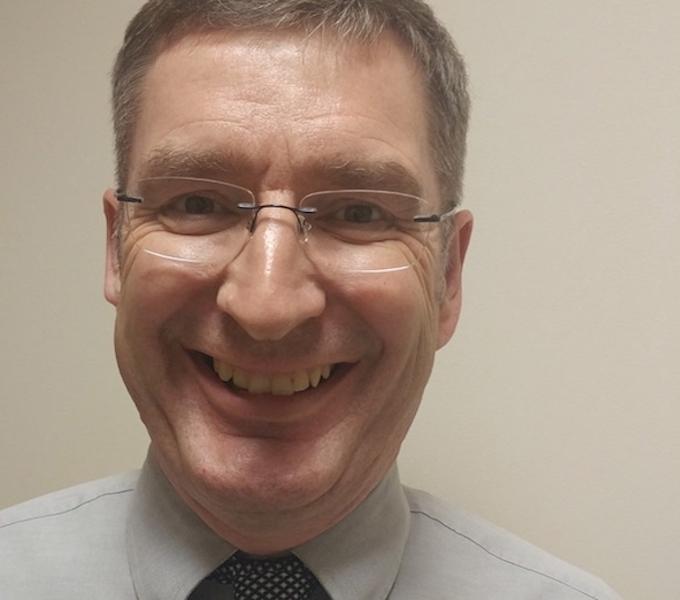
Identify phosphorylations, dephosphorylations and acetylations that regulate ATM activity in vivo.
*Currently accepting Graduate Students
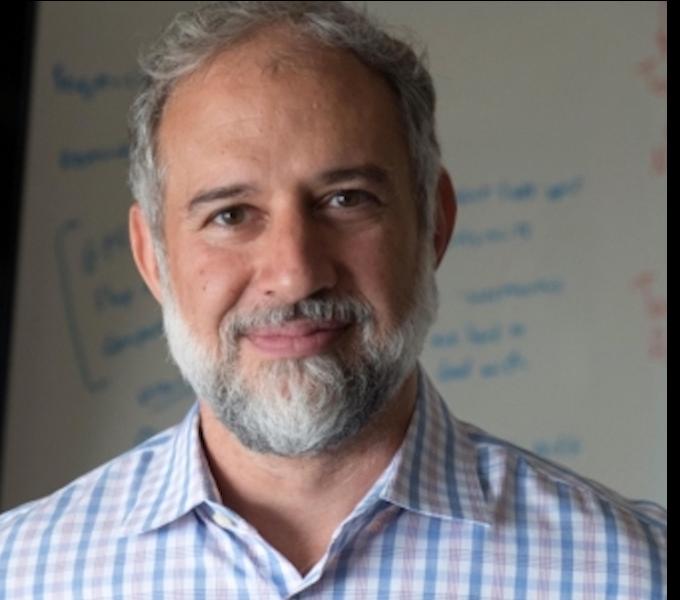
Neurophysiology of sensory-motor coordination, brain-machine interfaces.
*Currently accepting Graduate Students

Research focused on the interface between clinical informatics and bioinformatics with a particular focus on translational research resources, particularly tissue banking informatics.
*Currently accepting Graduate Students
Our laboratory studies the molecular mechanisms regulating genetic and acquired cardiomyopathies to identify novel methods to prevent heart failure and sudden death.

Interdisciplinary approach to explore how the signals from the eye are transformed into meaningful percepts by the brain
*Currently accepting Graduate Students
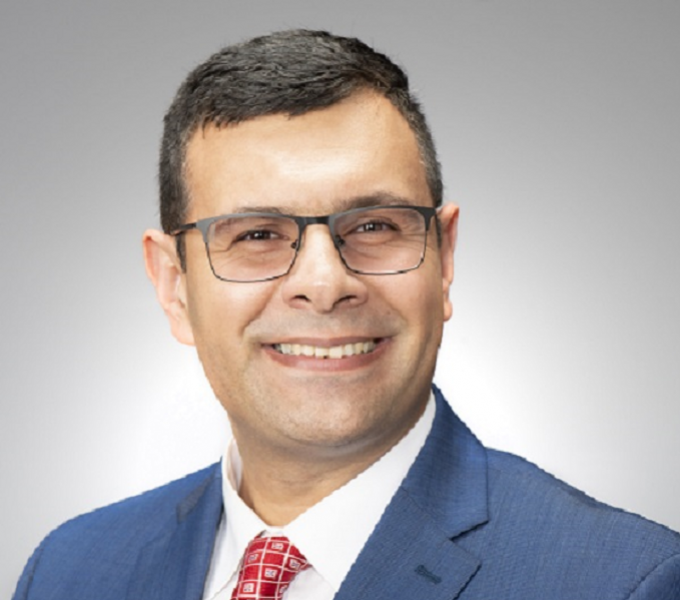
We apply a multidisciplinary strategy to design and develop biologically and clinically inspired technologies that enable us to elucidate cellular and molecular mechanisms that govern tissue pathology or offer protection during lung and immune injury.
*Currently accepting Graduate Students

The mechanisms of cross-priming of antigens during immune responses to cancer, viruses and autoimmunity
*Currently accepting Graduate Students

Demand adapted hematopoiesis in infection and inflammation.
*Currently accepting Graduate Students
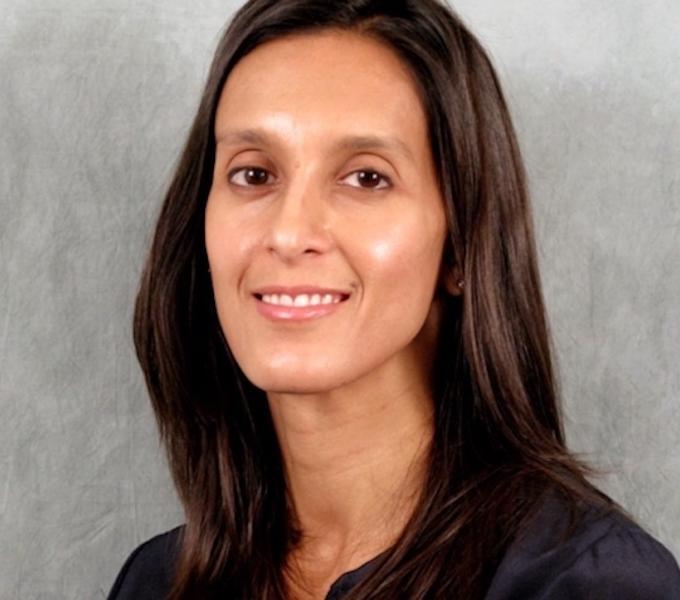
Dr. Borrero is a health services researcher with advanced clinical training in women’s health whose work strives to advance reproductive health equity.
*Currently accepting Graduate Students
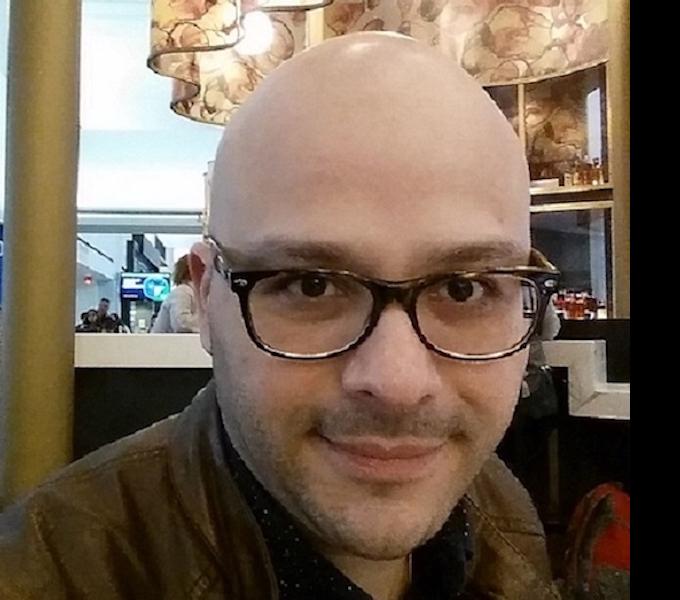
Miguel Brieno-Enriquez's research interests include human meiosis analysis, endocrine disruptor effects on meiotic prophase I, transgenerational epigenetics, NEK1 kinase regulation of cohesin removal, and ovarian reserve protection in mammals.
*Currently accepting Graduate Students
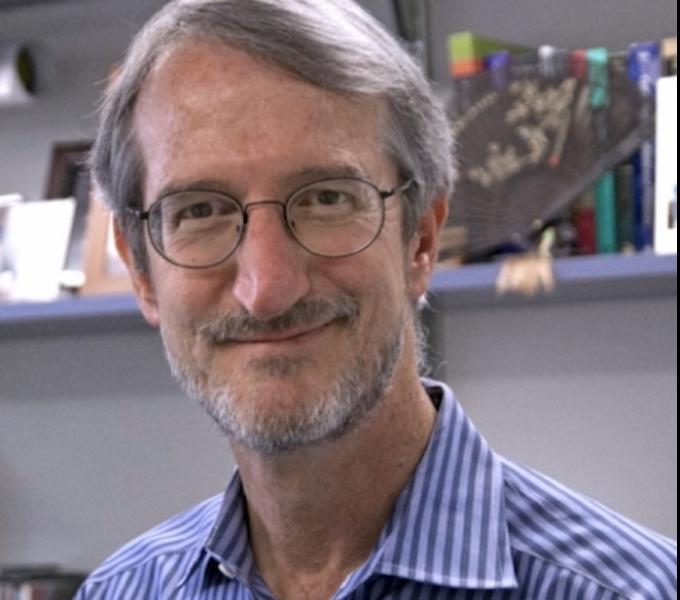
Protein “quality control”, diseases associated with misfolded proteins, and drug treatments for these diseases
*Currently accepting Graduate Students
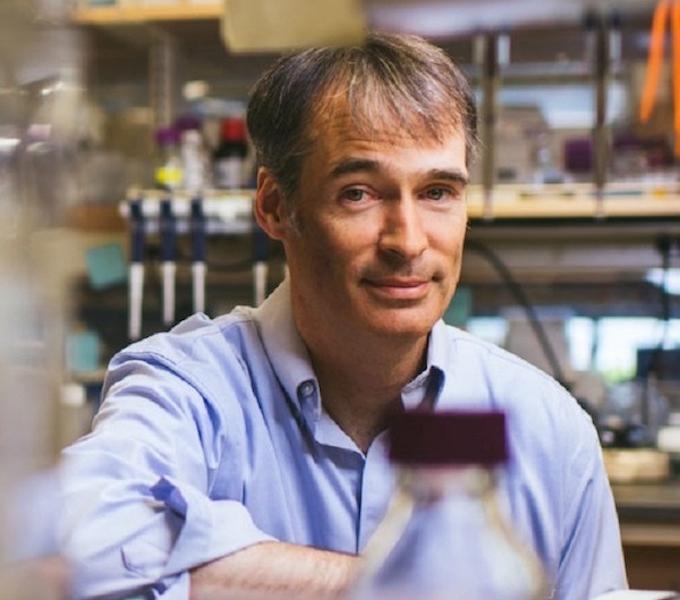
Tumor microenvironment, Cancer stem cells, novel therapeutics for cancer
*Currently accepting Graduate Students

Basic and translational investigations of the mechanisms and therapies of skin disease.
*Currently accepting Graduate Students
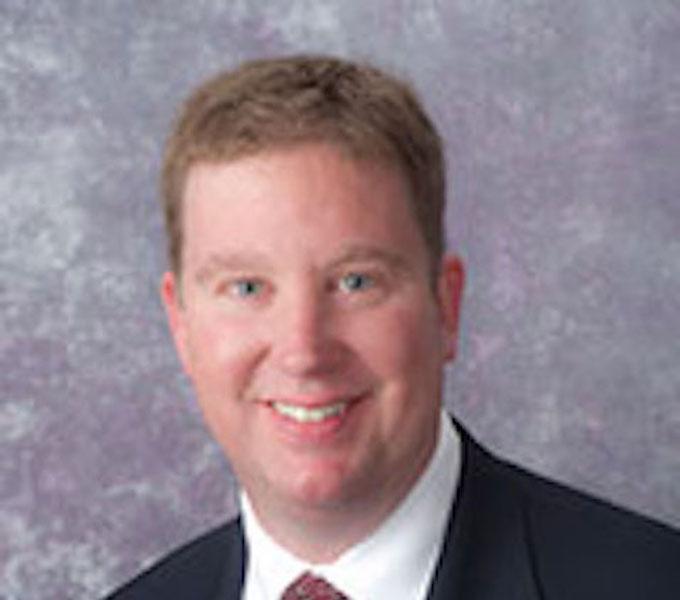
Development of targeted therapies for KRAS mutant NSCLC; Reactivation of OIS and apoptosis; Mechanisms of acquired resistance to targeted agents
*Currently accepting Graduate Students

Computational drug discovery; My main research interests focus on modeling the physical interactions responsible for molecular recognition, and in the development of new technologies for structural prediction, their substrates and supramolecular assemblies.
*Currently accepting Graduate Students
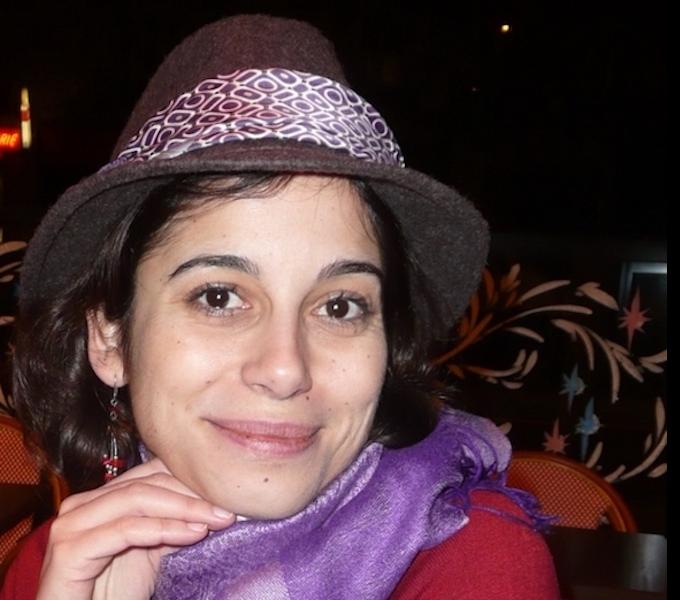
In the Carvunis lab, we study the molecular mechanisms of change and innovation in evolution.
*Currently accepting Graduate Students

The Catov research group utilizes large perinatal registries and cohort studies to evaluate the relationship between cardiovascular risk factors and preterm birth, as well as the postpartum characteristics of women who delivered preterm infants.
*Currently accepting Graduate Students

Osteoporosis treatment and the consequences of osteoporosis in both men and women.
*Currently accepting Graduate Students

Basic science and translational research studying the molecular mechanisms of pulmonary vascular disease and pulmonary hypertension
*Currently accepting Graduate Students
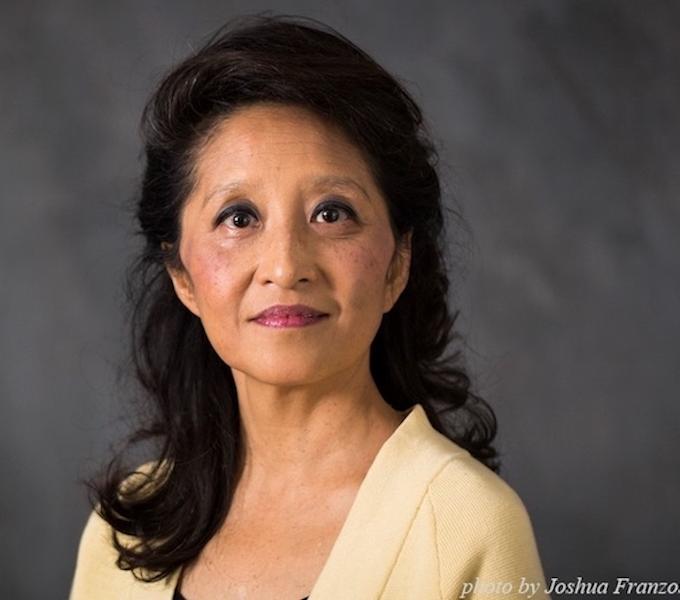
The study of human tumor viruses;
Our lab researches viral oncogenesis, focusing on Merkel cell polyomavirus in skin cancer, Kaposi’s sarcoma-associated herpesvirus in AIDS-related malignancies, and the discovery of new human pathogens using advanced genomic technologies.
*Currently accepting Graduate Students

Dr. Chapman's research aims to understand the psychological processes behind decision-making to design interventions that promote healthy and prosocial behaviors like vaccination and blood donation.
*Currently accepting Graduate Students
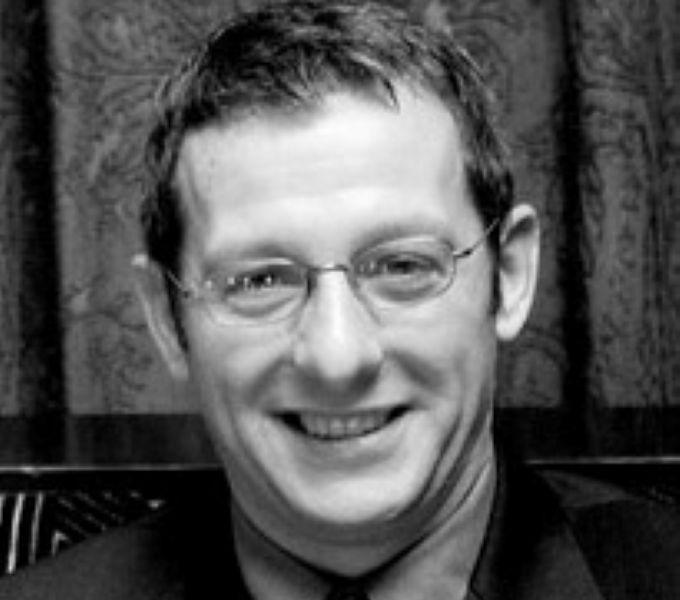
Steven Chase uses brain-computer interfaces to study motor learning and skill acquisition. His work stands to provide a better understanding of how movement information is represented in networks of neurons in the brain and will inform the development of neural prosthetics.
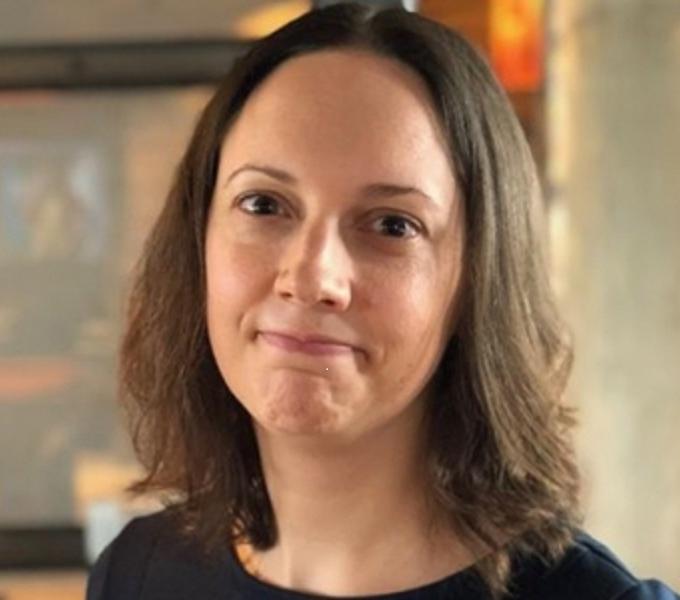
Our lab wants to understand how neurons wire together to form the intricate yet adaptable neural circuits that support complex brain functions. We are particularly interested in how newborn neurons form synaptic connections, and how this determines whether a neuron will survive. To answer these questions, we use in vivo 2-photon microscopy to track the structure and function of individual neurons and synapses over time in the living brain, as well as molecular genetic tools, electrophysiology, optogenetics, and behavior.
*Currently accepting Graduate Students

Redox signaling & autophagy in neuroprotection and neurodegeneration; mitochondrial phosphoproteomics; genetic & toxin models of Parkinson's disease
*Currently accepting Graduate Students

My research focuses on the ovarian cancer microenvironment, specifically targeting carcinoma-associated mesenchymal stem cells (CA-MSC) that support cancer survival, growth, and spread.
*Currently accepting Graduate Students
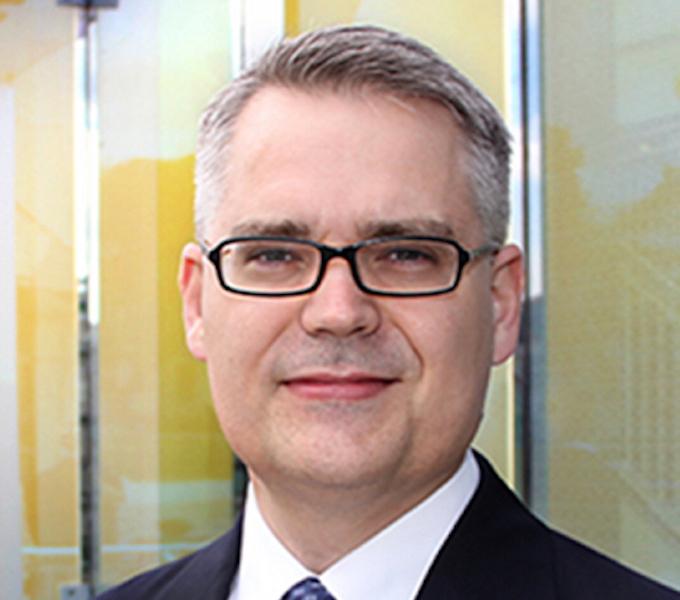
Artificial lungs; hemodynamics, pulmonary drug delivery; liquid ventilation; right ventricular function, critical care medicine
*Currently accepting Graduate Students
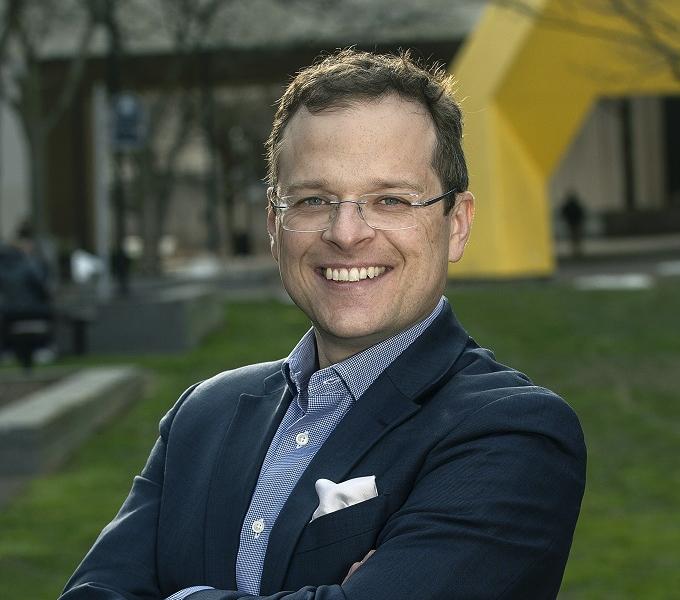
My group studies human memory and perception with neuroimaging, cognitive studies, and advanced analysis methods. We seek to understand how the human brain learns, remembers, and ultimately creates knowledge.
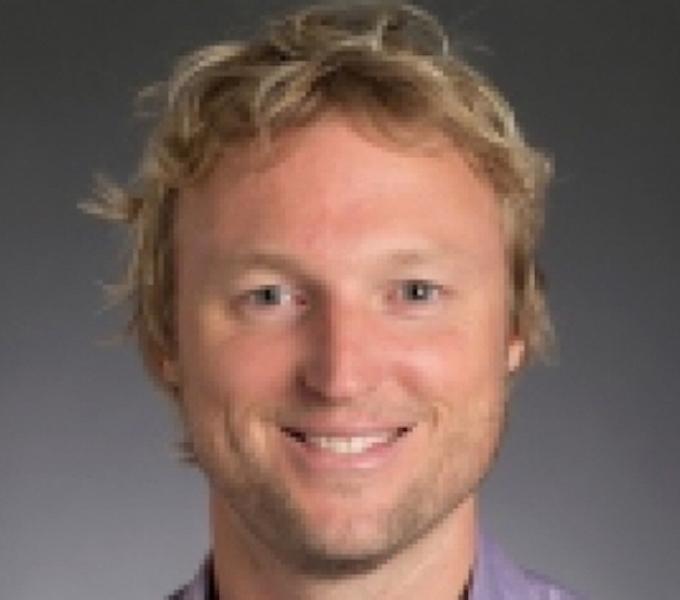
David Creswell studies stress, self-affirmation, mindfulness, and emotions, focusing on their neural mechanisms and impact on resilience and health.
*Currently accepting Graduate Students
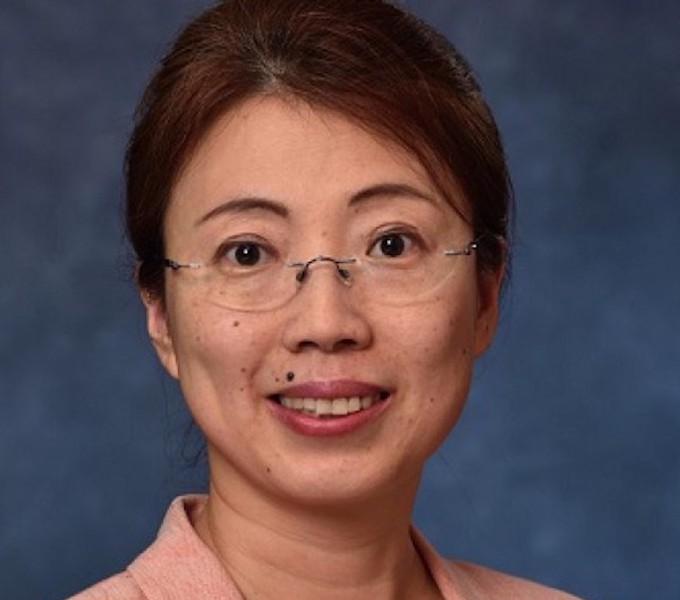
Dr. Tracy Cui is William Kepler Whiteford Professor of Bioengineering at the University of Pittsburgh. Dr. Cui is the Director of the Neural Tissue/Electrode Interface and Neural Tissue Engineering Lab. She is also the Neural Engineering Track Coordinator for the Department of Bioengineering Graduate Committee.
*Currently accepting Graduate Students
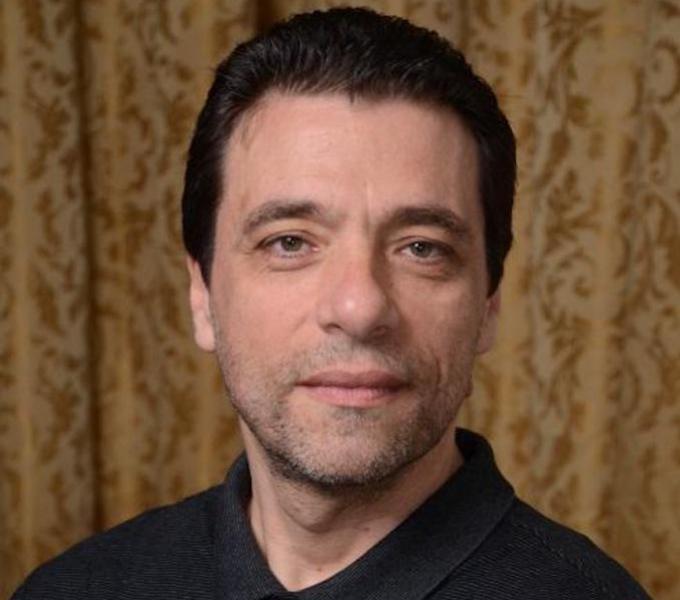
Modeling of CNS infections using induced pluripote; Modeling schizophrenia using induced pluripotents; Development of three-dimensional neuronal platform.

Steroid hormone action in neural stem cells and cancer
*Currently accepting Graduate Students

We are developing novel chemical tools to investigate biological processes in Chemical Biology, using a multidisciplinary approach that includes small molecule synthesis, medicinal chemistry, and protein engineering.
*Currently accepting Graduate Students

The metabolic regulation of T cell function, with a specific focus of those T cells that infiltrate the nutrient-poor tumor microenvironment.
*Currently accepting Graduate Students

HSV gene expression in productive and persistent infections
*Currently accepting Graduate Students

Research in the Dermody laboratory focuses on the molecular mechanisms of Mammalian Orthoreovirus (reovirus) and Chikungunya virus infections.
*Currently accepting Graduate Students
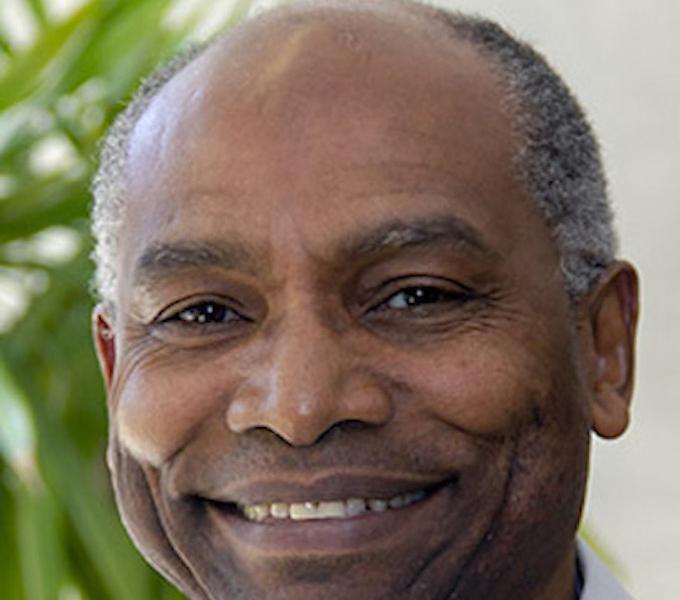
The central goal of my lab is to explore the structure-function properties and antimicrobial mechanisms of cationic amphipathic peptides to develop peptide-based therapeutics for drug-resistant infections and cancer.

Conducts research in the areas of pharmaceutical policy and mental health, and has particular expertise in the Affordable Care Act.

When communicating with others, we have limited ability to appreciate their perspectives and knowledge, a phenomenon that extends even to our own beliefs prior to having learned what we now know. This limitation may explain in part why experts so often neglect public input when developing communications. As a result, the public often doesn’t get the messaging it needs to support sound decisions. Through my research, I have set out to bridge this gap, identifying ways of improving perspective taking to translate subject-matter expertise into accessible guidance, so that people might use what otherwise seems to be unusable information.
In some cases, people lack the ability to apply or integrate information that they otherwise would find useful for their decisions. In other cases, the experts have misjudged what people actually need or want to know to help guide them to a more satisfactory decision. I pursue this goal by making technical information more usable (e.g., calorie information for improving food choices), by shifting communications to decision-relevant concepts (e.g., adolescent sexual behavior, which is driven more by social influences than by perceived risk), by improving user interfaces to help the public understand what the experts need from them (e.g., risky online behaviors and self-report data collection), and by contextualization of risk (e.g., shifting from decontextualized assessment of a person’s overall risk level to a behavior-congruent identification of strategies for risk reduction).
These areas of research highlight domains in which communication can be improved by assessing what people need to know and what they value as a prerequisite for intervening to improve decision making. This approach requires meaningful interdisciplinary collaboration to establish domain-specific content that needs to be made accessible, and to this end I work closely with experts in numerous fields including public health, medicine, computer science, robotics, and engineering. In addition to informing strategies for improving decision-relevant policy, my research seeks to affect public welfare directly by building and evaluating tools that help individuals make better decisions.

Research in the Duncan lab focuses on liver development, homeostasis, and regeneration.
*Currently accepting Graduate Students
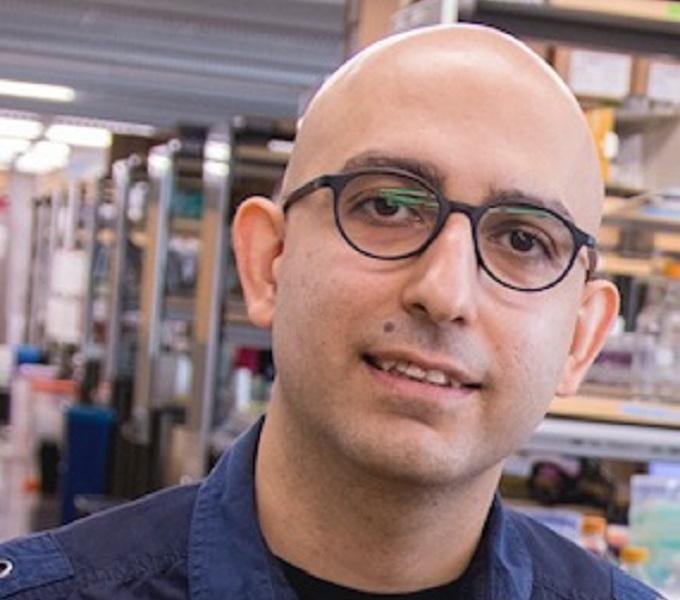
Synthetic Morphogenesis of Human Tissues, Human Organoids, Epigenetic Engineering, Designer Tissues, Blood Development, Synthetic Biology, Systems Biology, Cellular Ecology
*Currently accepting Graduate Students
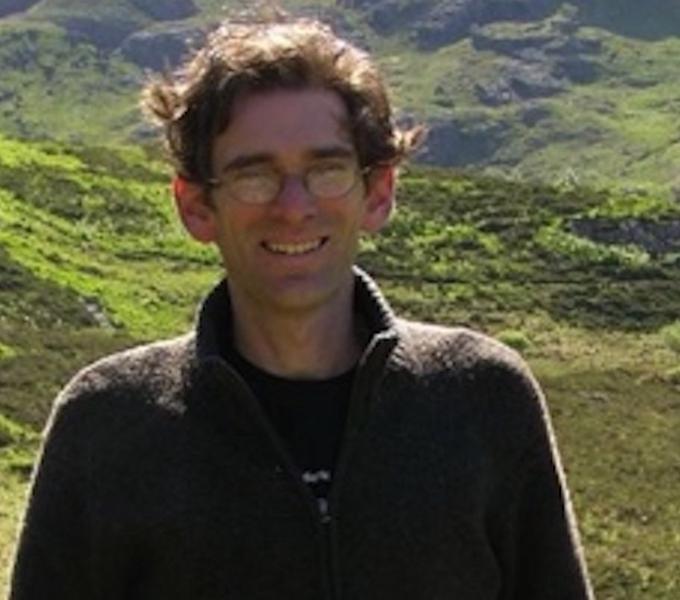
My lab is interested in developing mathematical models of biological regulatory processes that integrate specific knowledge about protein-protein interactions.
*Currently accepting Graduate Students
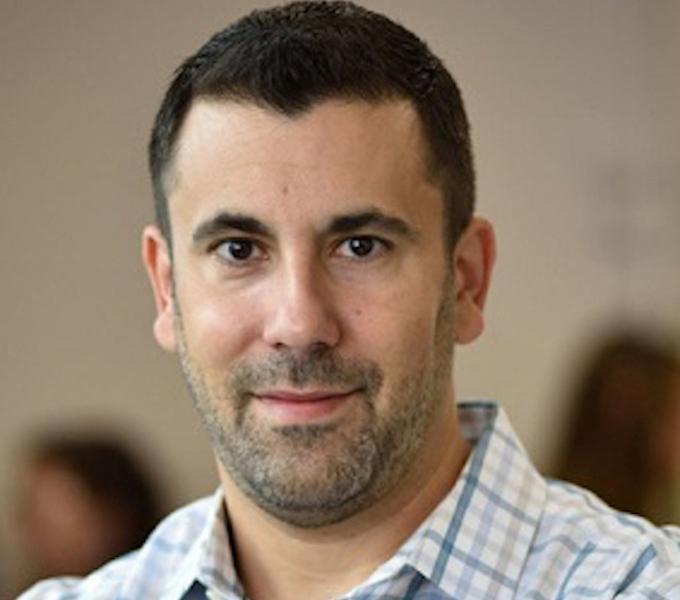
We develop materials-based, engineering strategies to control the self-organization and assembly of various cell types into tissues using nanoscale fabrication and 3D bioprinting. Understanding of higher-order function in biological systems.
*Currently accepting Graduate Students
We use multimodal imaging techniques—high-density EEG, TMS, MRI, and MRSI—in healthy and psychiatric populations to study the neurobiology and cognitive dysfunctions of major disorders like OCD, bipolar disorder, and schizophrenia.
*Currently accepting Graduate Students

Cognitive and educational neuroscience of reading, language, math, and learning.
*Currently accepting Graduate Students
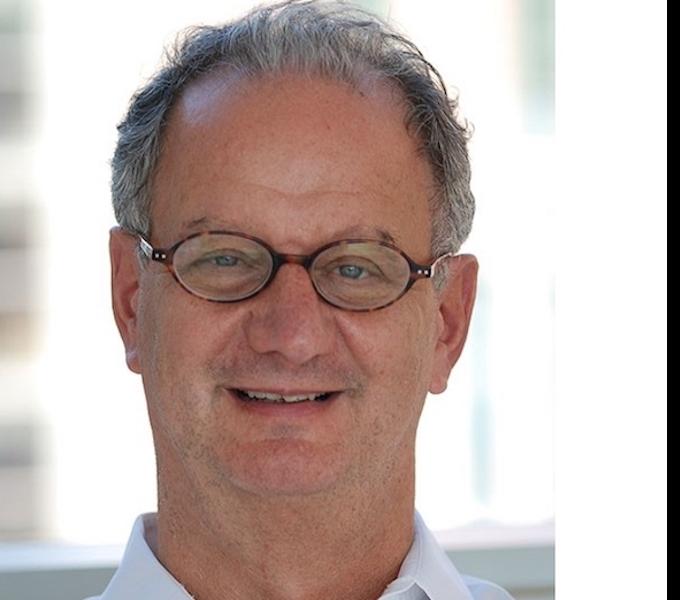
aging, metabolism, mitochondria ; For over twenty years, my research group has studied mitochondrial function, cellular metabolism, oxidative stress, and aging, gaining expertise in mitochondrial assays, molecular biology, mouse models, and physiological measurements.
*Currently accepting Graduate Students
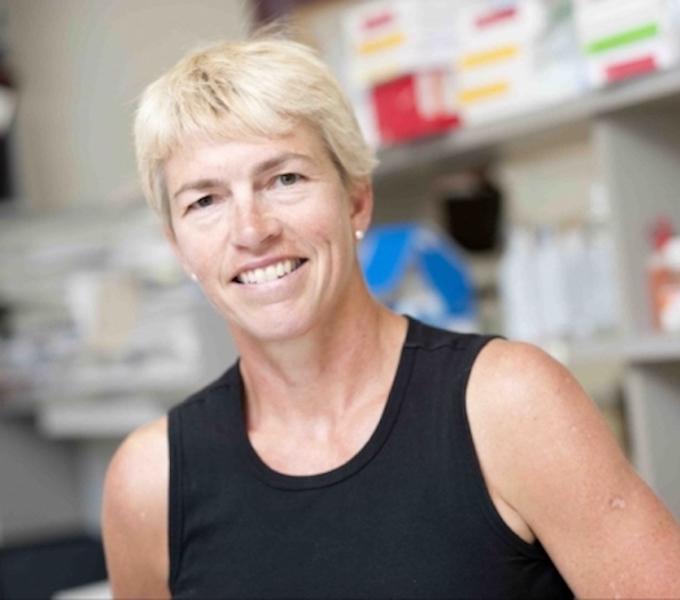
Immunology and Pathogenesis of Tuberculosis.
*Currently accepting Graduate Students
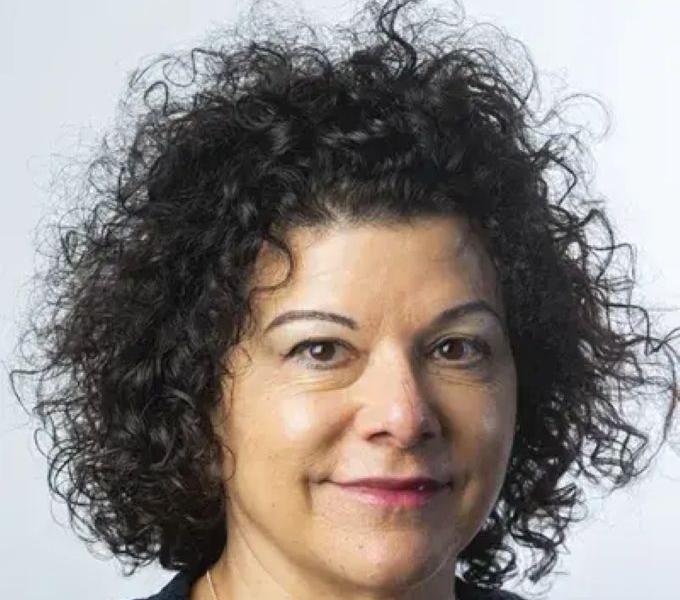
Jodi’s current research interests include: designing educational games that are engaging and effective, designing robots, AVs, and other technology services that use AI and ML to adapt to people’s needs, and designing for healthcare.
*Currently accepting Graduate Students
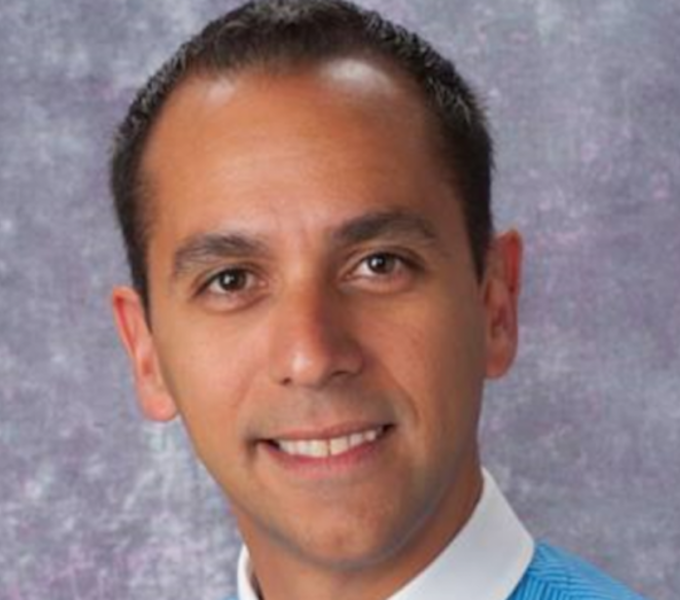
Forno’s overarching research interests are the epidemiology, genetic epidemiology, and genomics of asthma. He is particularly focused on the effects of obesity and adiposity on childhood asthma.
*Currently accepting Graduate Students

The Freeman lab studies viruses with tropism for the central nervous system using primarily human tissue models (organoids) of relevant sites derived from induced, pluripotent stem cells. Our current focus is on how enterovirus D68 (EV-D68) mediates acute flaccid myelitis, a polio-like paralysis syndrome, in children by using a human spinal cord organoid model.

Kaposi’s sarcoma-associate herpesvirus (KSHV), AIDS-related malignancies, Cancer metabolism, Angiogenesis, Innate immunity, Microbiota, microRNAs, Genomics Epigenetics, RNA epigenetics, high-throughput screening (drug and genomic), systems biology
*Currently accepting Graduate Students

The current focus of Dr. Gelhaus' research is on the mechanism of these electrophilic fatty acids in asthma. Asthma is a complicated disease that much like cancer is comprised of numerous disease states and phenotypes.
*Currently accepting Graduate Students
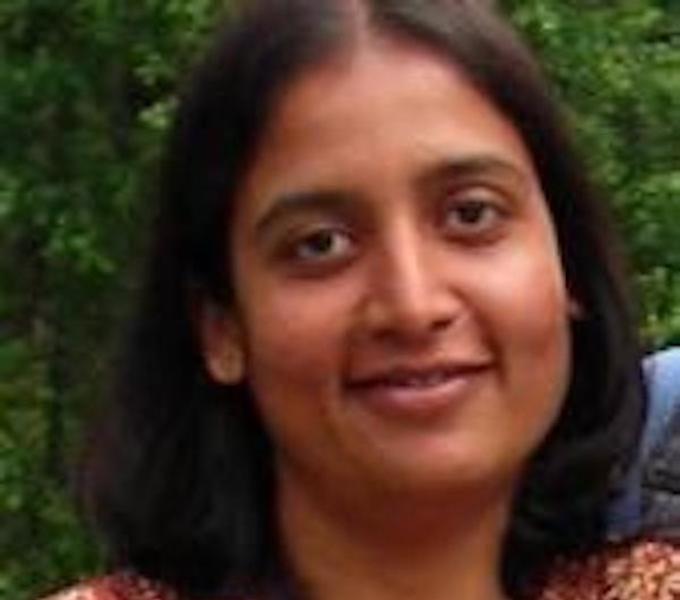
Genetics of aging, reproduction, lipid metabolism, immunity, protein homeostasis, age-related disease biology
*Currently accepting Graduate Students
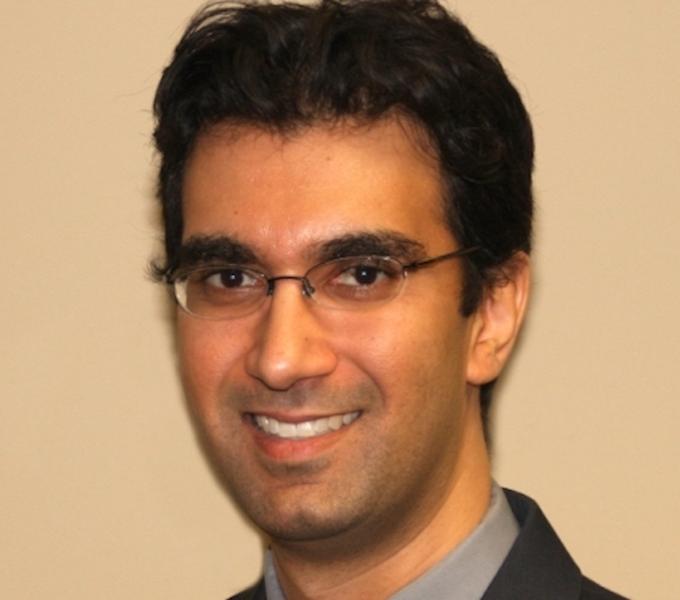
Dr. Ghuman’s research focuses on how our brain turns what falls upon our eyes into the rich meaningful experience that we perceive in the world around us. Specifically, his lab studies the neural basis of the visual perception of objects, faces, words, and social and affective visual images in the real-world.
*Currently accepting Graduate Students
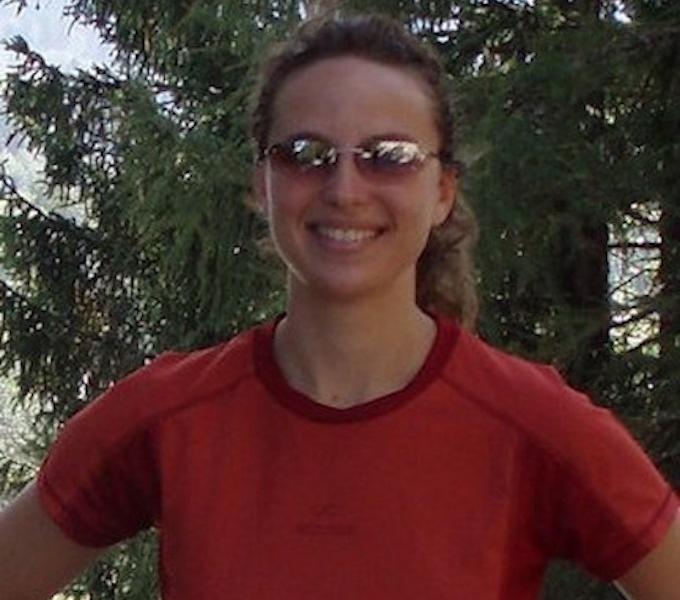
Neural circuits in the basal ganglia involved in motor control and disease
*Currently accepting Graduate Students
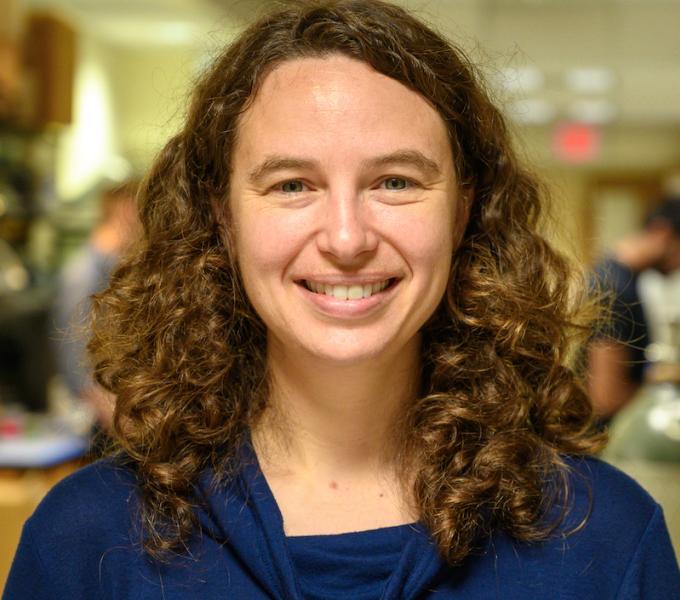
How do neural circuits transform our thoughts into actions? I study neural circuits in the basal ganglia, a multifunctional brain region that plays a role in the regulation of movement, learning, motivation, and reward. My specific interests include how neural circuits in the basal ganglia are altered by experience and why certain circuits breakdown in movement disorders such as Parkinson’s disease and dystonia. My laboratory uses a variety of techniques including electrophysiology, optogenetics, histology, and behavior. We use mice as a model organism to understand how activity of specific basal ganglia circuits relates to motor control in both health and in animal models of movement disorders.

My research focuses on designing, implementing, and testing new sensing systems. I typically focus on repurposing and extending the capabilities of sensors and devices around us. This approach allows us to add various functionalities to our daily-use devices with negligible hardware modifications. I am interested in solving problems in various domains, including health sensing, technologies for global development, and novel interactions.
*Currently accepting Graduate Students
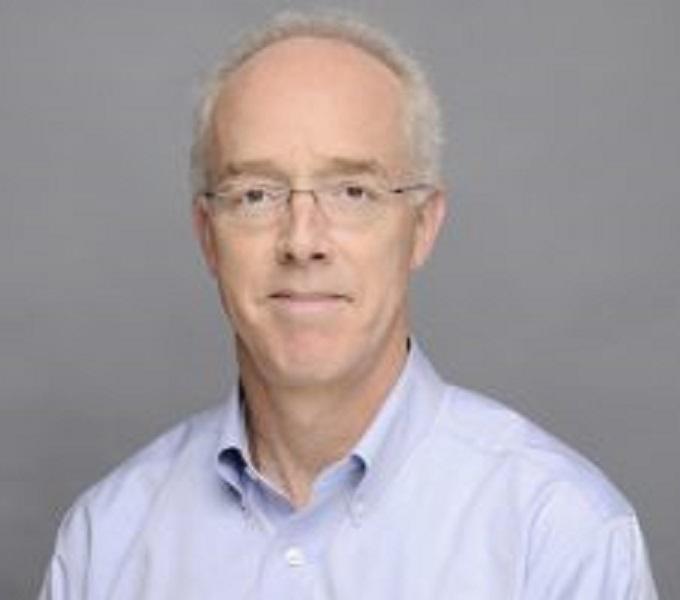
Pain continues to be a major health problem with tremendous financial, social and psychological costs. Conservative estimates put the cost of pain to the US economy well into the hundreds of billions of dollars per year as a result of associated medical expenses and lost wages with a significant minority of Americans suffering from persistent or recurrent pain syndromes throughout the most productive years of their lives. Just one pain syndrome, migraine headache, directly impacts 20% of the adult population. Yet, there remain few if any effective therapies devoid of serious side effects that are currently available to treat pain, particularly persistent or recurrent pain associated with syndromes.
The clinical features of a number of pain syndromes serve as the organizing focus of research in the Gold laboratory. These observations include the following: 1) many pain syndromes are unique to a particular part of the body such as the head in migraine, the temporomandibular joint in temporomandibular disorder (TMD), or the colon in inflammatory bowel disease (IBD); 2) many pain syndromes such as migraine, TMD and IBD occur with a greater prevalence, severity and/or duration in women than in men; 3) many pain syndromes are associated with changes in the excitability of primary afferent neurons; 4) there are time-dependent changes in the mechanisms underlying pain syndromes; and 5) the type of injury, (i.e., inflammation or nerve injury), are differentially sensitive to therapeutic interventions. These observations led to specific hypotheses that are tested in ongoing studies in the Gold laboratory. These include 1) characterizing the mechanisms underlying inflammation-induced changes in the evoked Ca2+ transients in sensory neurons, 2) characterizing the mechanisms underlying the initiation of migraine attacks, 3) characterizing the influence of estrogen on the excitability of spinal and trigeminal ganglion neurons, 4) characterizing the role of changes in inhibitory receptors, in particular GABA, in injury-induced increases in sensitivity, and 5) identification of ways to maximize the therapeutic utility of local anesthetics. The ultimate goal of these studies is to identify novel targets for the development of therapeutic interventions for the treatment of pain.
*Currently accepting Graduate Students

Neurophysiology of basal ganglia system related to psychiatric disorders.
*Currently accepting Graduate Students
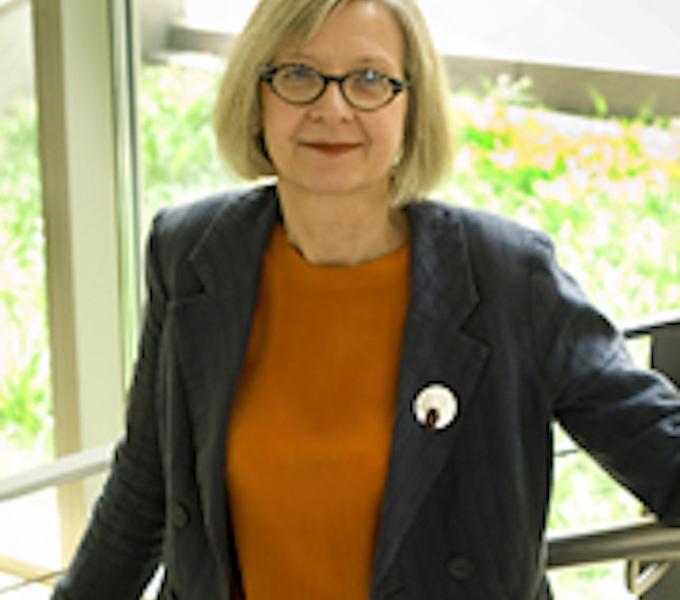
Combining NMR spectroscopy w/Biophysics, Biochem&Chem to investigate cellular processes at the molecular & atomic levels in relation to human disease
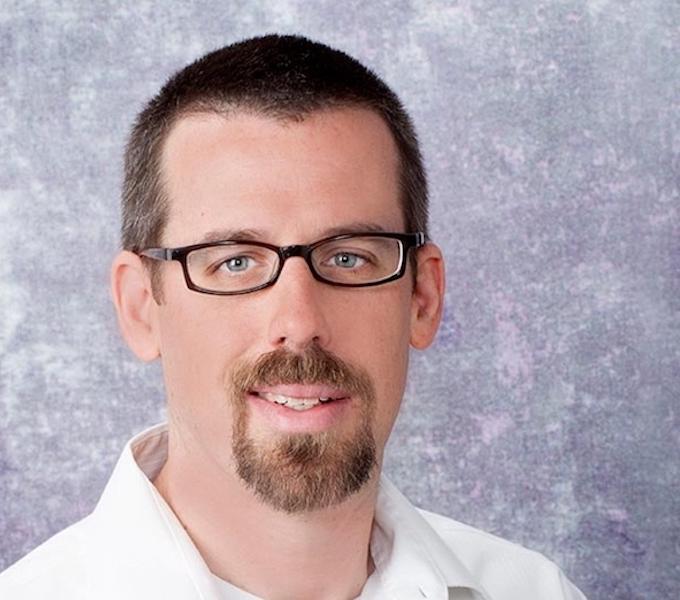
Our research focuses on vertebrate eye development, disease modeling and regeneration utilizing the zebrafish as a model system.
*Currently accepting Graduate Students

Understand the causes of diseases with disruptions between the immune system and the microbiota, such as Crohn’s Disease and Environmental Enteropathy.
*Currently accepting Graduate Students

The Hatfull lab in the Department of Biological Sciences at the University of Pittsburgh studies the molecular genetics of the mycobacteria and their mycobacteriophages.
*Currently accepting Graduate Students

Human visual perception and visual cognitive functions such as attention and perceptual decision-making require the highly specialized processing capabilities of the cerebral cortex. However, it has become increasingly clear that the visual capabilities of humans and other primates also depend vitally on coordinated interactions between cortical and evolutionarily ancient “subcortical” brain regions as well.
Work in the Herman lab aims to understand how visual functions of the brain depend on subcortical-cortical interactions with a particular emphasis on the role of learning. The lab employs carefully controlled psychophysical tasks, large-scale extracellular electrophysiology, neuronal perturbation, and computational modeling techniques to explain the relationship between both intact and perturbed neuronal activity to ongoing behavior. The lab is particularly interested in leveraging learning-driven structured variation in behavior to understand how groups of neurons guide specific cognitive functions.
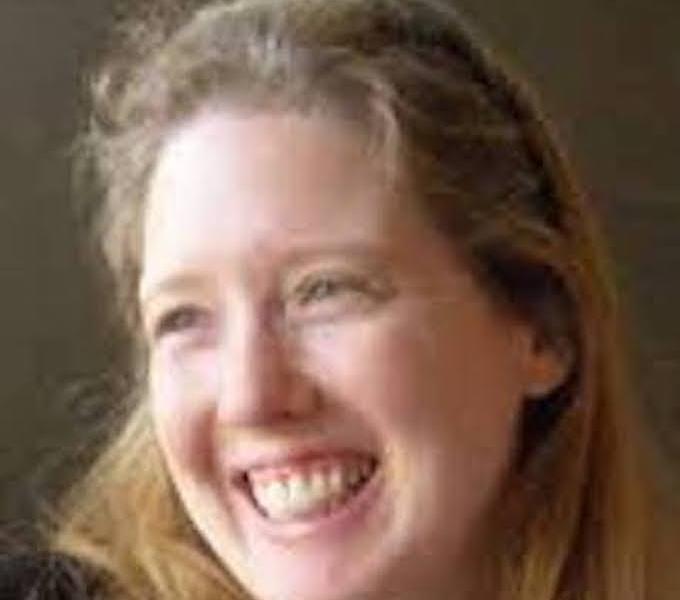
My lab addresses this question by examining microbial molecular mechanisms associated with disease. We study Streptococcus pneumoniae, a major human pathogen that causes over a million annual deaths in young children and the elderly, worldwide.
*Currently accepting Graduate Students
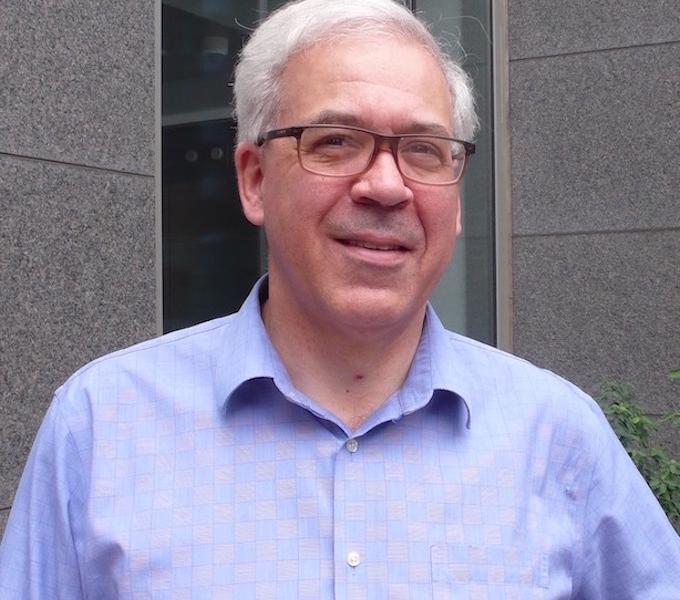
Studying signaling proteins and receptors of the TGF-beta family, deciphering the molecular adaptations that the signaling proteins, single-pass transmembrane receptors, downstream effectors, and multitude of extracellular and intracellular modulators.
*Currently accepting Graduate Students
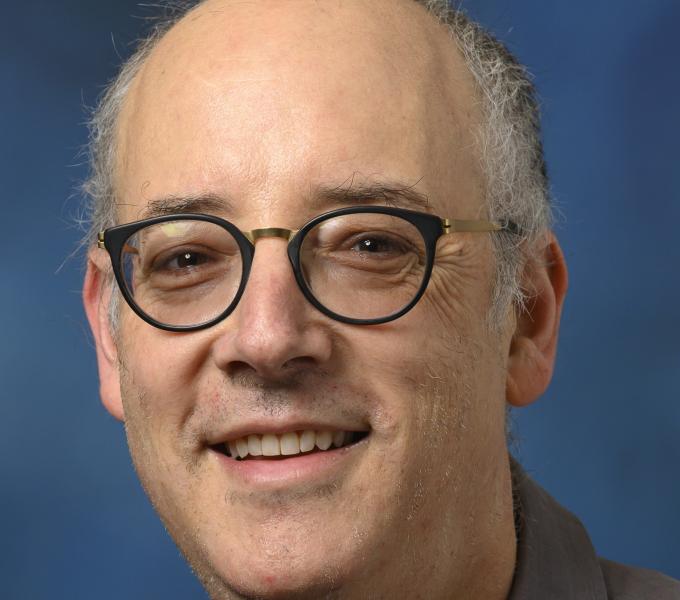
My research involves the use of techniques from data science, machine learning, human-computer interaction, and information visualization to increase the usability and utility of clinical, public health, and other biomedical data.
My research focuses broadly on participatory and expertise-driven approaches to AI design, development, and evaluation, with a particular interest in AI's impacts on human workers. I draw on approaches from human–computer interaction (HCI), AI, design, cognitive science, learning sciences, statistics, and machine learning, among other areas.
*Currently accepting Graduate Students
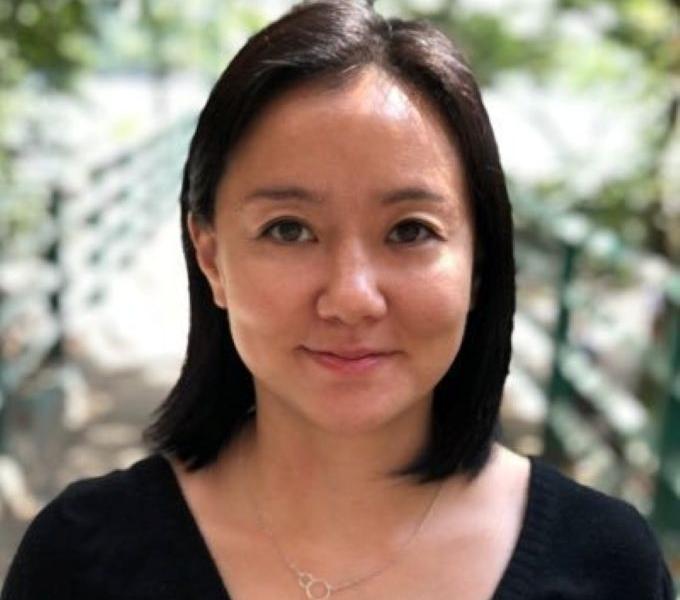
One of the most important functions of the brain is its ability to sense and rapidly respond to ongoing stimuli in the environment. Sensory information is distributed throughout multiple interconnected areas of the brain, but the precise identity of these circuits, and how they orchestrate sensory perception remain unknown. In order to understand even the simplest forms of sensory-guided behaviors, it is imperative to elucidate the mechanisms by which multiple, connected areas cooperate to mediate behavior.
The main questions that motivate our research are:
(i) How does the cortex modulate sensory information in downstream subcortical regions during sensation that guides behavioral decisions?
(ii) What are the mechanisms by which highly interconnected brain regions are affected by, and recover from, cortical injury or stroke?
Our research program combines animal behavior, high-speed imaging, motion tracking, in vivo electrophysiology, and optogenetic methods, using the mouse whisker system as a model. We aim to determine how cortical and subcortical activity cooperate to mediate sensory-motor transformations in parallel, providing a foundation for understanding behavioral deficits and recovery mechanisms associated with cortical injury.
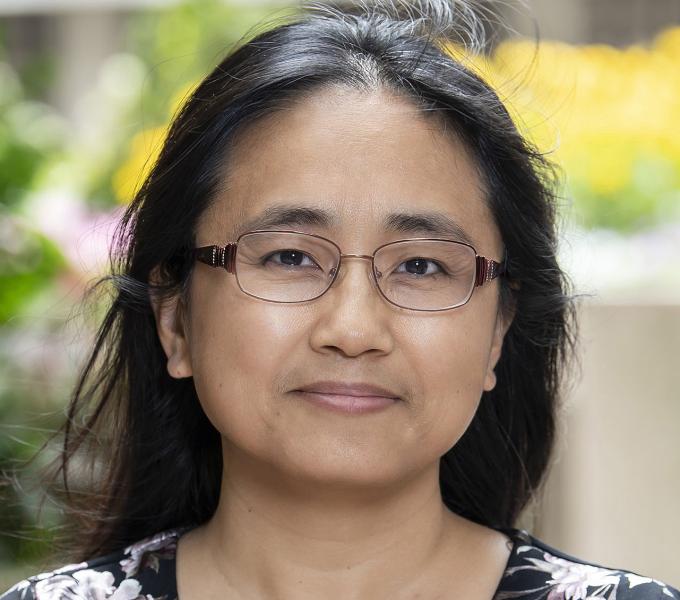
Dr. Xiaoming Hu's research seeks to understand how immune responses contribute to the pathogenesis of neurological disorders, including ischemic stroke, traumatic brain injury, and vascular cognitive impairment and dementia.
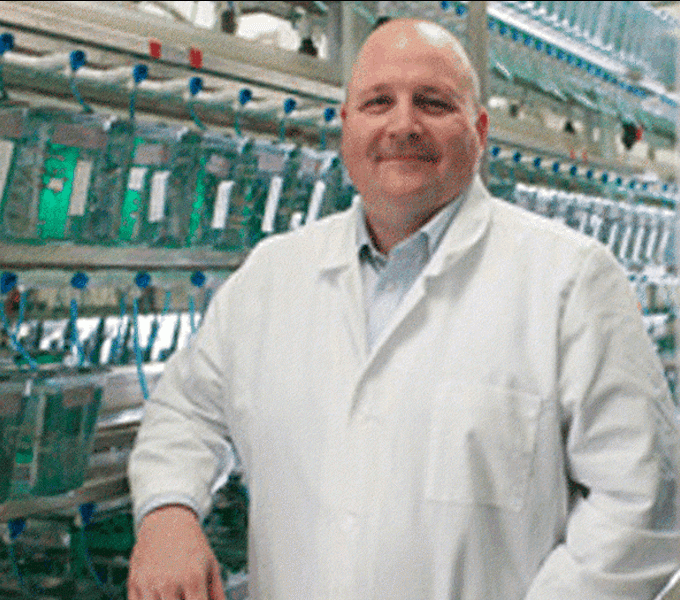
Identify renal progenitor cells, determine their role in patterning the embryonic kidney, and relate these events to kidney regeneration.
*Currently accepting Graduate Students
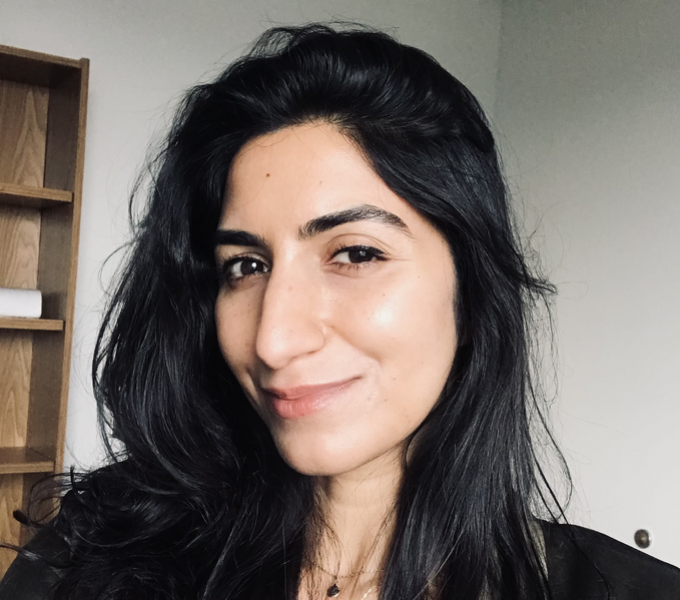
The neural basis of flexible auditory perception and behavior; novel neurotechnologies for restoring hearing
*Currently accepting Graduate Students
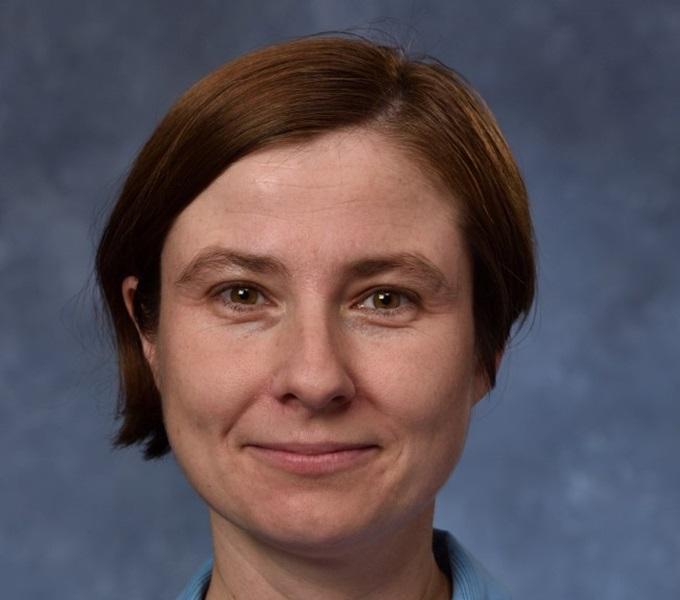
Multi-level translational studies of neurovascular and metabolic brain health with focus on aging and sex-specific differences.
*Currently accepting Graduate Students
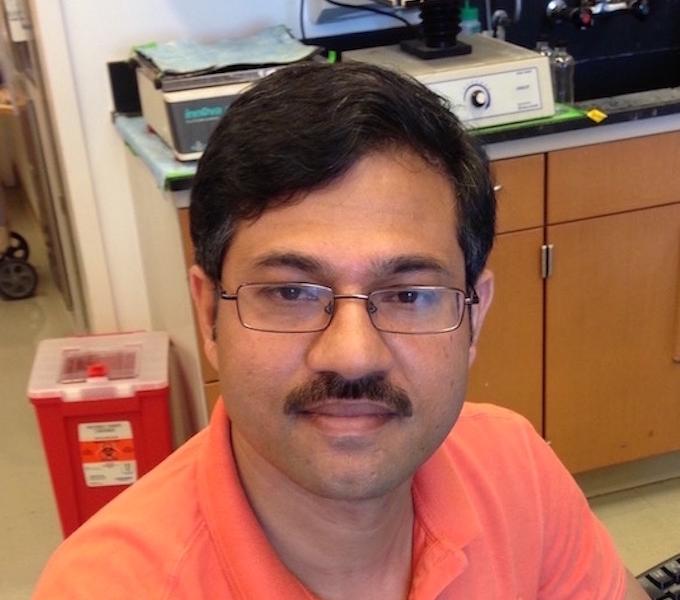
We plan to employ our methods to edit epigenetic processes for cell fate reprograming as well as correcting aberrant gene expression in human diseases like obesity and cancer.
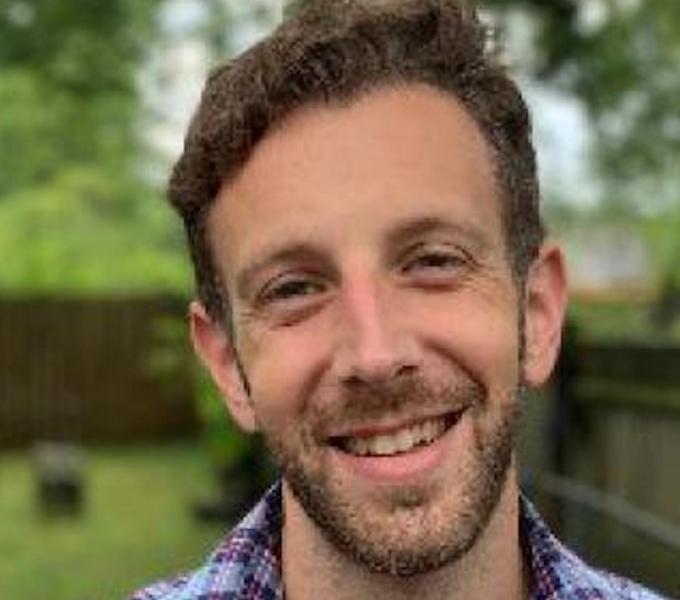
Prefrontal cortex; interneurons; Novel pharmacology; Alcohol use disorders & affective disorders

Her lab’s research is focused on developing noninvasive optical imaging methods for disease detection and/or treatment monitoring, with an emphasis on diffuse optical imaging.
*Currently accepting Graduate Students

Plasticity of neuronal circuits during development and in pathology, focusing on the central auditory system
*Currently accepting Graduate Students

Signal Transduction.
The role of the Akt kinase in NF-kB and T cell activation.
Role of TIM proteins in T cell activation.
*Currently accepting Graduate Students

To understand how skin resident immune cells (e.g. dendritic cells, T cells) interact with specific pathogens
*Currently accepting Graduate Students

Broadly speaking, my work focuses on:
- studying the psychological/social impact of fictional narratives, games, and computer-mediated interactions
- uncovering and empirically verifying user-specific, design-specific, and situational variables that increase that impact
- extrapolating techniques and best practices for the creation of stories, games, and new technologies as “interventions” for social change
*Currently accepting Graduate Students
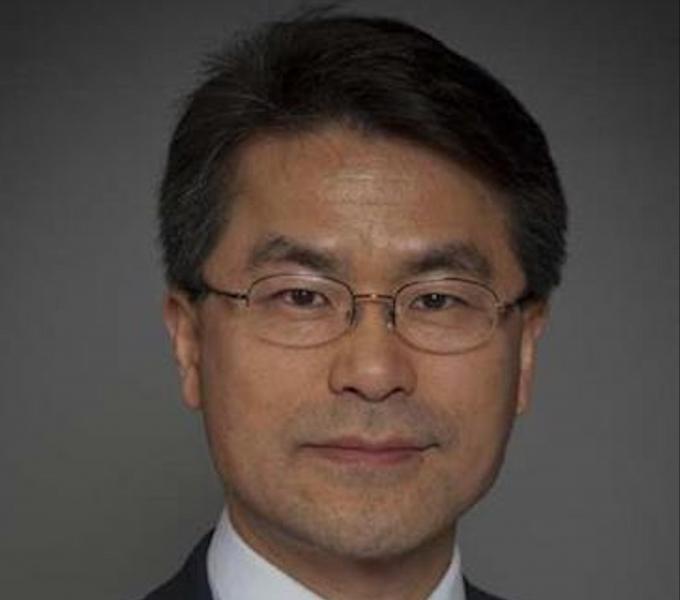
My research interests are in nano-optics and nano-electronics: materials & devices; hierarchical integration of nanoscale structures into systems for multifunctional operations.
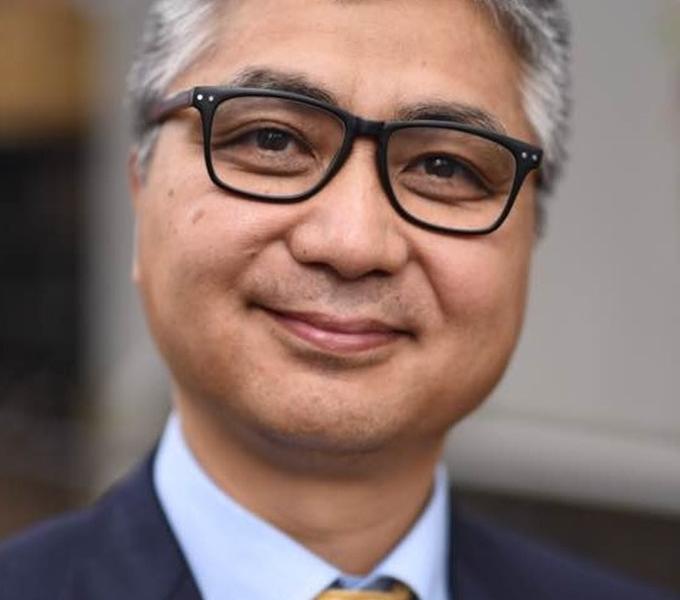
Develop and translate multi-modal ultrasound imaging technologies that are based on a fundamental understanding of how sound and light interact with soft tissues, and are capable of assessing their mechanical, compositional, and biological characteristics.
*Currently accepting Graduate Students

His research on crowd-augmented cognition looks at how we can augment the human intellect using crowds and computation.
*Currently accepting Graduate Students
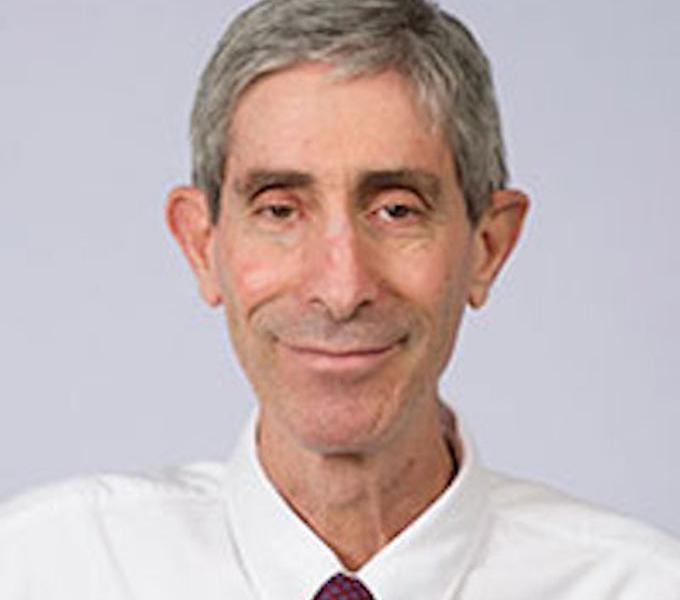
Cellular, structural and molecular studies of epithelial ion channels
*Currently accepting Graduate Students

Our laboratory is interested in identifying new molecular pathways in epithelial biology in the pathogenesis of tissue remodeling in chronic obstructive lung disease (COPD) and pulmonary fibrosis to improve therapeutic options for patients. Our lab specifically studies the role of adenine nucleotide translocase (a canonical mitochondrial ADP/ATP transporter) in the airway and alveolar epithelium of the lung in the context of cigarette smoking-related lung disease and lung fibrosis. We want to better understand how in health and disease ANT regulates epithelial function through cell metabolism and cellular senescence, as well as, airway epithelial homeostasis through surface hydration and the action of tiny motile cilia in the airway. We utilize a repertoire of relevant murine models of injury, molecular genetic approaches, in vitro biochemical assays, and human bio-samples to examine epithelial cell homeostasis in the lung.
*Currently accepting Graduate Students

Our research focuses on deciphering mechanisms involved in lung repair and regeneration, with the aim to identify novel therapeutic targets relevant for age-related chronic lung diseases, such as idiopathic pulmonary fibrosis (IPF) and chronic obstructive pulmonary disease (COPD). Our translational research program focuses on the comprehensive characterization of primary lung epithelial (stem) cells from experimental models and human tissue samples from patients with chronic lung disease. we aim to identify and investigate target signaling pathways that impact cellular mechanisms we identified the developmental WNT signaling pathway as a potent contributor to impaired lung repair and epithelial cell reprogramming, which is amenable to therapy and have further characterized features of epithelial cell reprogramming, such as cellular senescence. We further pioneered and apply patient-derived 3D Lung Tissue Cultures that allow to further validate and test potential novel drugs in an individualized fashion.
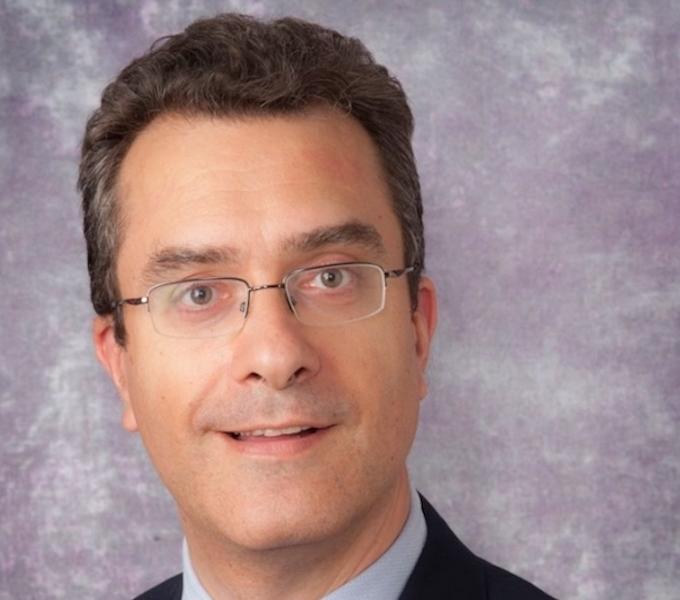
Our research is on whether and to what extent mammalian hearts can regenerate themselves, and to develop regenerative therapies for heart failure.
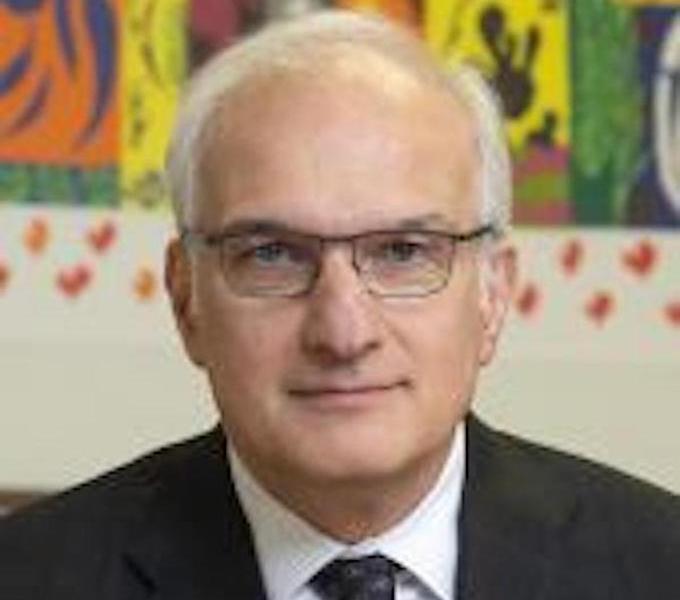
Innate and adaptive immune response to transplanted organs and the mechanisms of transplantation tolerance.
*Currently accepting Graduate Students

Clinical and laboratory translational studies (spatial and single cell genomics & transcriptomics) of breast cancer
*Currently accepting Graduate Students

Functional architecture of the prefrontal cortex and schizophrenia.
*Currently accepting Graduate Students

My research focuses on the immunoregulatory mechanisms regulating anti-tumor immunity and autoimmune or allogeneic responses, with specific emphasis on regulatory CD8+ T cells and human immunology.
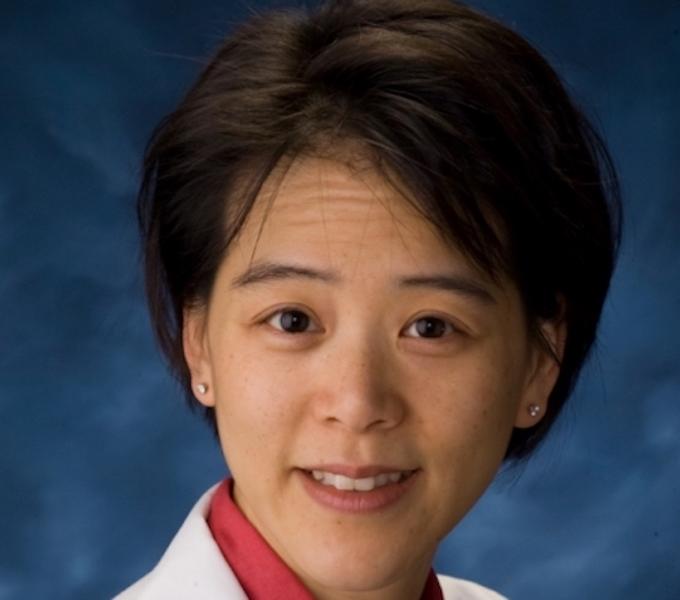
Our lab is focused on the host protective immune responses to M. tuberculosis, a major factor in outcome of infection.
*Currently accepting Graduate Students
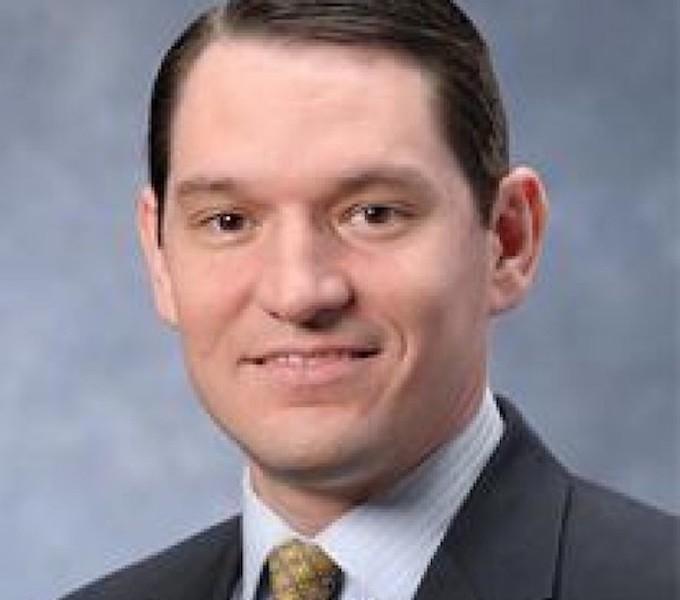
Drug Delivery, Biomimetics, Immunotherapeutics, Tissue Engineering, Biomaterials, Synthetic Systems
*Currently accepting Graduate Students
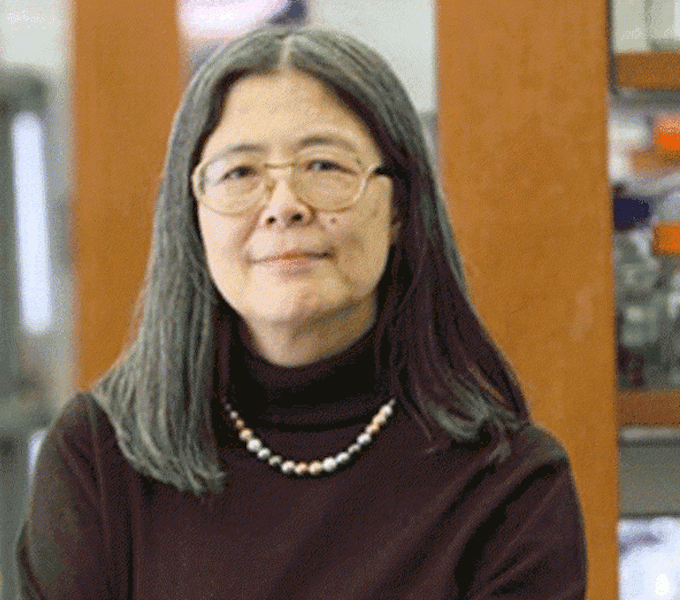
Our research objectives are focused on elucidating the genetic causes and developmental mechanisms of human congenital heart disease (CHD).
*Currently accepting Graduate Students
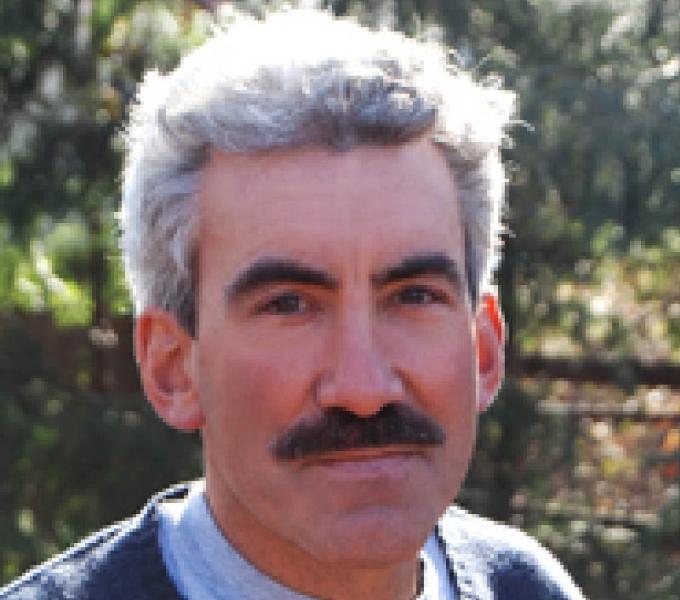
My research focuses on applications of psychology to economics and, more recently, applications of economics to psychology (e.g., economic analyses of boredom, insecure self-esteem, and of the reluctance to thank and apologize). Specific interests include belief-based utility, the psychology and economics of attention, learning and forgetting, motivational feeling states associated with cognition (e.g., boredom, curiosity and mental effort), intertemporal choice, bargaining and negotiations, psychology and health, law and economics, the psychology of adaptation, the role of emotion in decision making, the psychology of curiosity, conflict of interest, various aspects of sex, unethical behavior, and issues involving research ethics. Links that will enable you to download my papers dealing with all of these topics are in my CV, which is organized by topic area. You can also access my publications on Google Scholar.
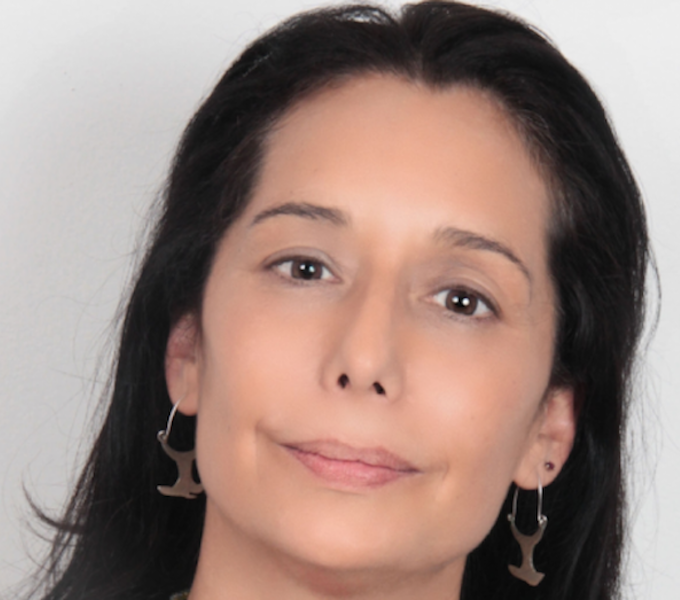
Brain basis of cognitive maturation through adolescence to adulthood.
*Currently accepting Graduate Students
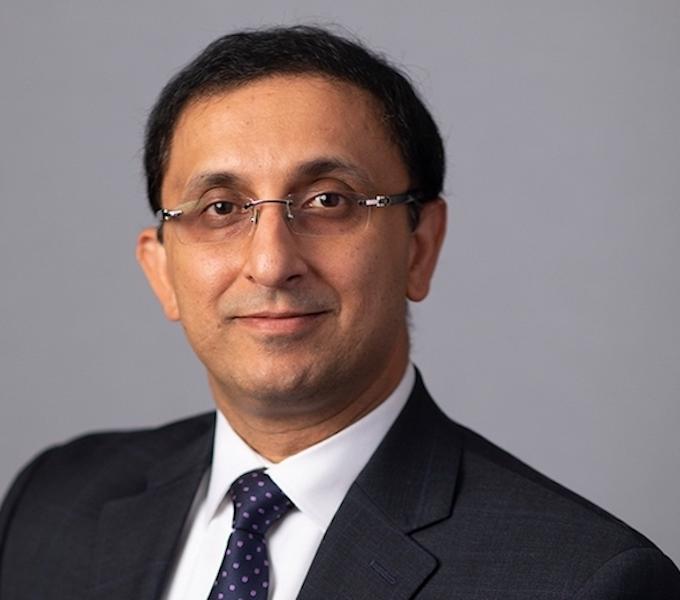
Neural network control of cardiac arrhythmias and myocardial function; Neuromodulation for treating sudden cardiac death; Studying perioperative healthcare delivery; Role of perioperative interventions in altering clinical outcomes and mortality
*Currently accepting Graduate Students

Cortical control of vision and eye movements in populations of neurons
Neural coordination of oculomotor plans
Influence of eye movements on vision and behavior
*Currently accepting Graduate Students
We are interested in the molecular mechanisms of psychiatric disorders with a particular focus on the role of the circadian clock in these disorders
*Currently accepting Graduate Students
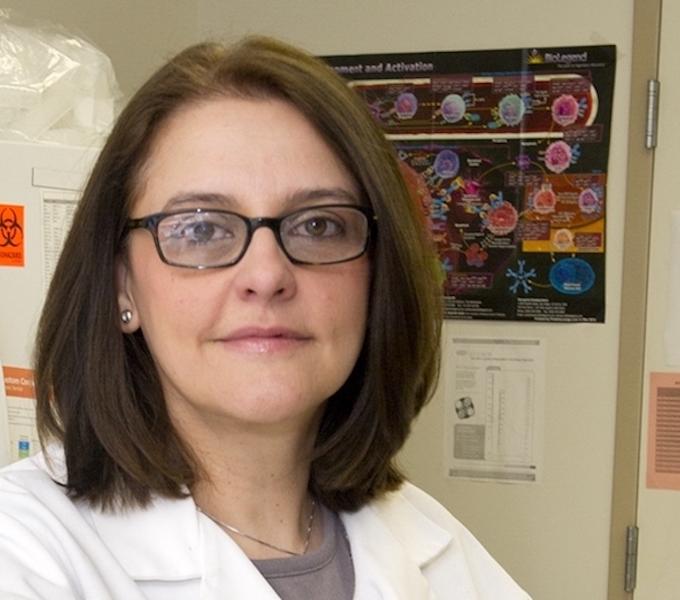
Human immunology: Innate and adaptive immune responses to latent viruses and to allo-antigens after organ transplantation
*Currently accepting Graduate Students

Dr. Miljkovic's research focuses on the epidemiology of obesity, ectopic fat deposition, body composition, and associated metabolic disorders. In particular, Dr. Miljkovic studies skeletal muscle, changes in skeletal muscle and whole body composition with aging, their determinants, and associated metabolic disorders, with a special focus on high-risk minority, international, and elderly populations.
*Currently accepting Graduate Students

Pelvic Floor Disorders, Prolapse Meshes; To date, Dr. Moalli’s research has mainly focused on 1) the development of novel biomaterials for use in pelvic reconstructive surgeries; 2) defining and reducing maternal birth injury; and 3) vaginal biofabrication.
*Currently accepting Graduate Students
The study of human tumor viruses; Our laboratory used pioneering genomic techniques to discover two different cancer viruses (Kaposi sarcoma herpesvirus and Merkel cell polyomavirus) that are responsible for four different cancers.
*Currently accepting Graduate Students
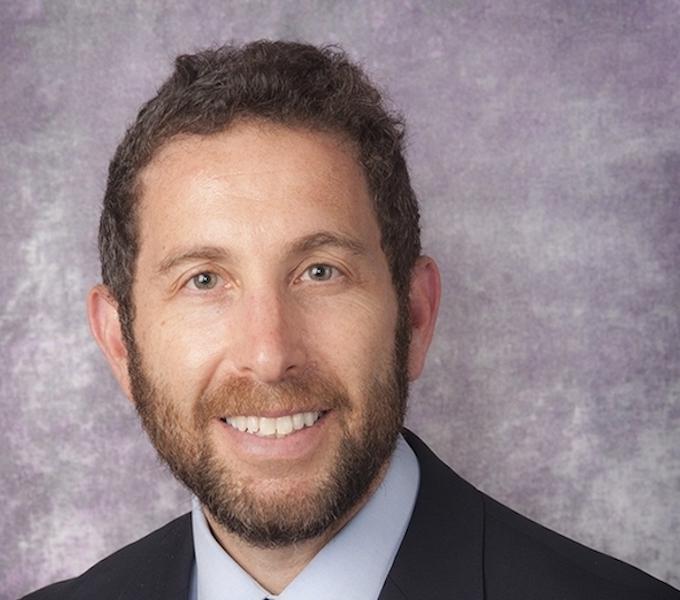
Pathogenicity of Intestinal Microbes in Milk Fed and Formula Fed Premature Infants - See more >>
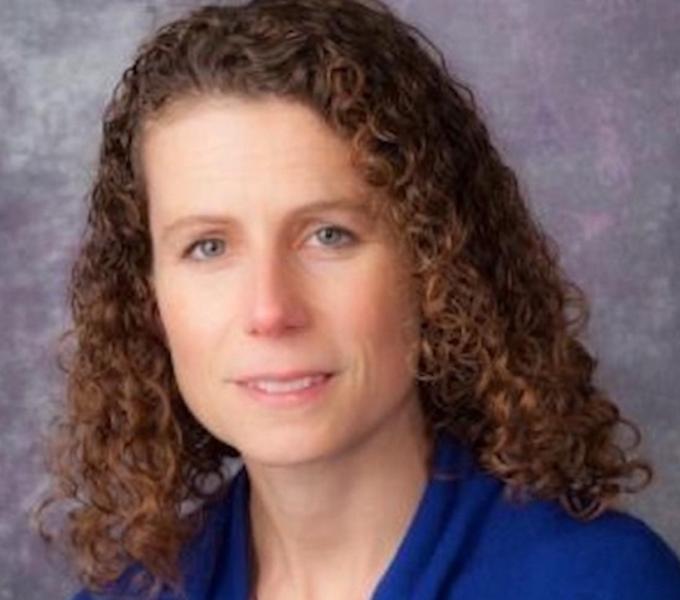
HIV-associated lung disease; HIV-associated emphysema; Role of Pneumocystis in COPD
*Currently accepting Graduate Students
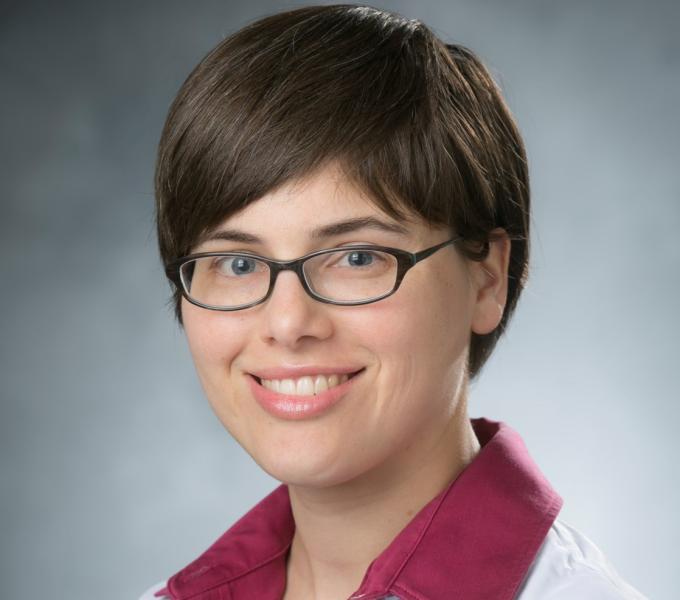
The Mowery Lab utilizes genetically engineered mouse models, patient-derived samples and molecular biology techniques to study head and neck cancer development and progression, as well as the interplay between radiation therapy and the immune system in head and neck cancer.

My research interests are in cardiovascular monitoring including novel sensors and algorithms and incorporating physiology.

We have been investigating and comparing signal transduction, rate of cell proliferation, and cell communication in normal and cancerous tissues.
*Currently accepting Graduate Students
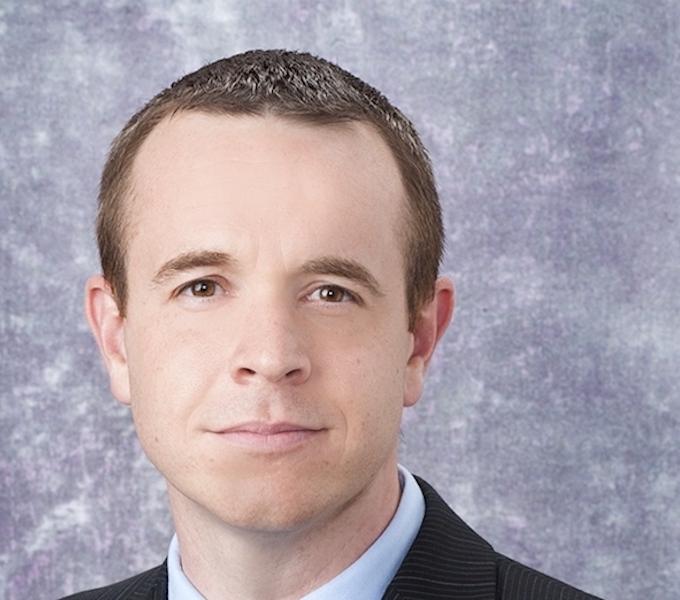
Matthew Neal's research interests include co-leading the NIH-sponsored ACTIV-4 program, trauma-induced coagulopathy, clinical outcomes in trauma and hemorrhagic shock, and outcomes research in acute care and emergency general surgery.
*Currently accepting Graduate Students

To understand the cellular and molecular basis of liver injury, regeneration, and cholestatic liver disease
*Currently accepting Graduate Students
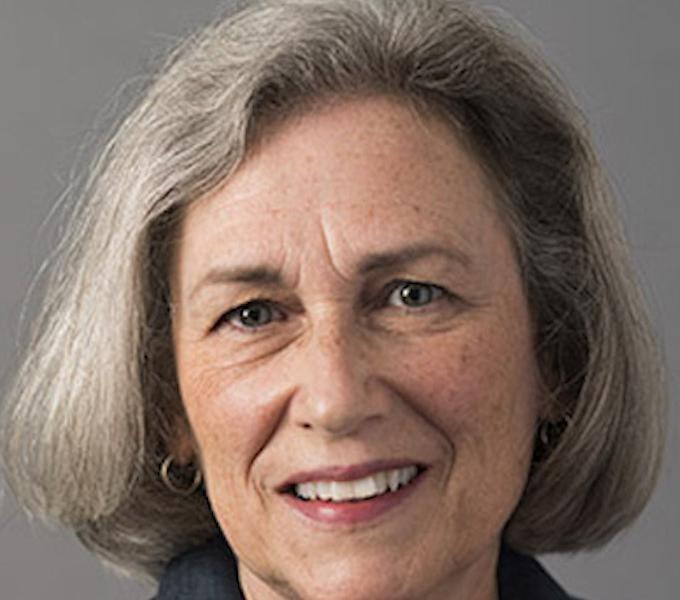
Cardiovascular Disease Epidemiology;Subclinical atherosclerosis: Associations with aging, disability & frailty;Sarcopenia & disability
*Currently accepting Graduate Students

Hormone response and treatment resistance in breast and ovarian cancer, including the analysis of aberrant genetic and epigenetic changes
*Currently accepting Graduate Students
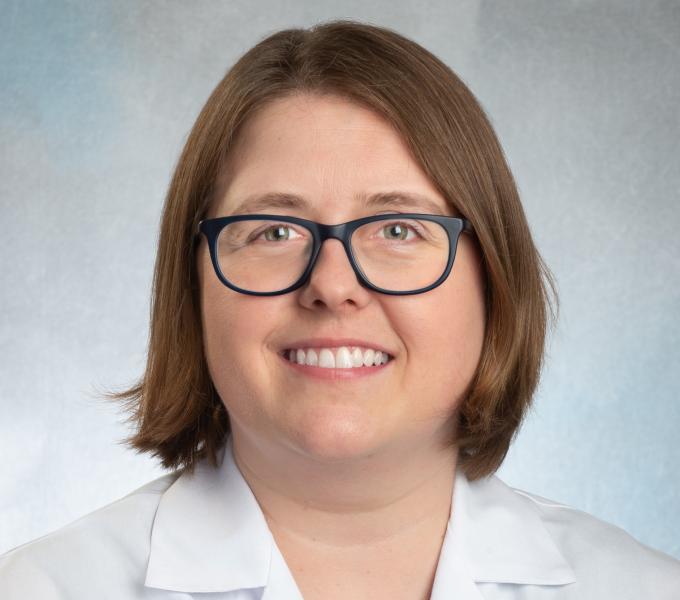
We use Drosophila, iPSC models, mouse models, and human patient datasets to identify new therapeutic targets for Parkinson’s disease and related disorders.

Spermatogonial stem cells (SSCs) and male germ lineage development
*Currently accepting Graduate Students
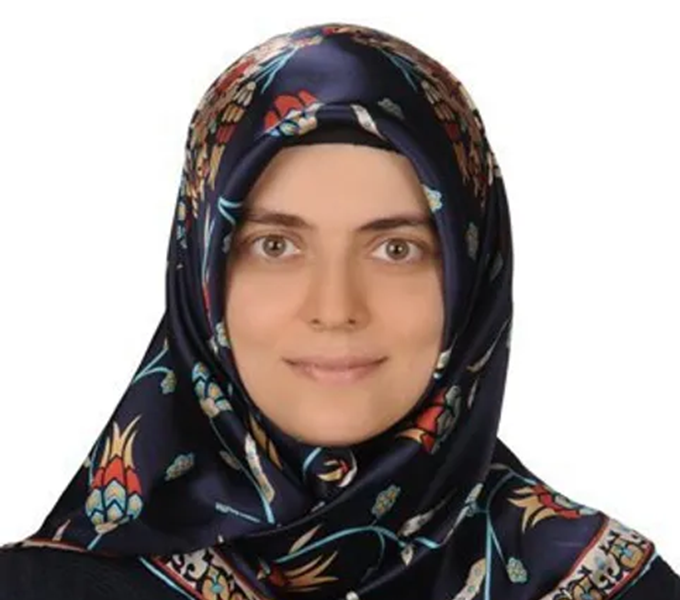
Our group extracts biological insights and disease mechanisms from multiomics data including single-cell and spatially resolved data.
*Currently accepting Graduate Students
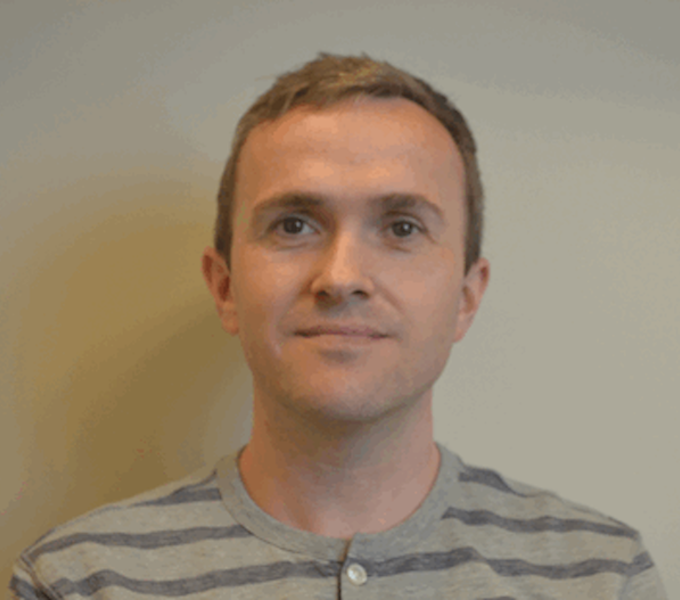
The O’Sullivan lab at the Hillman Cancer Center conducts research into proteins that alter the structural and epigenetic functions of human telomeres.
*Currently accepting Graduate Students
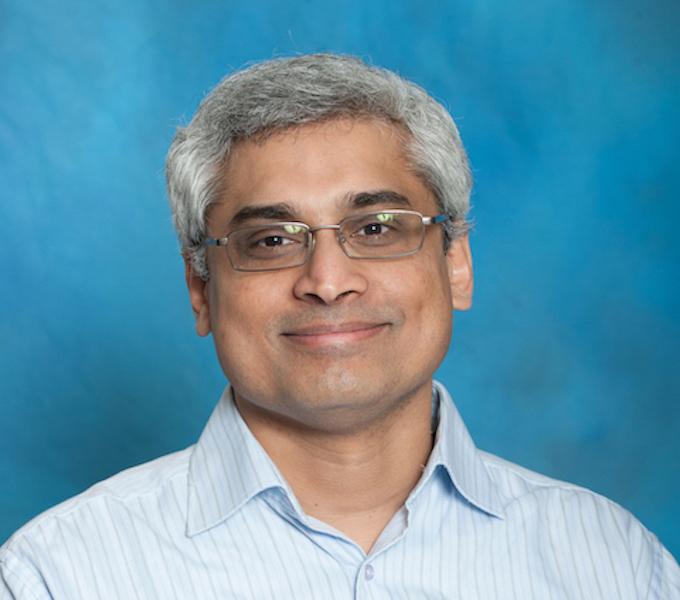
Molecular mechanisms underlying various neurological disorders using human genetic approaches as well as research on animal and cell culture models
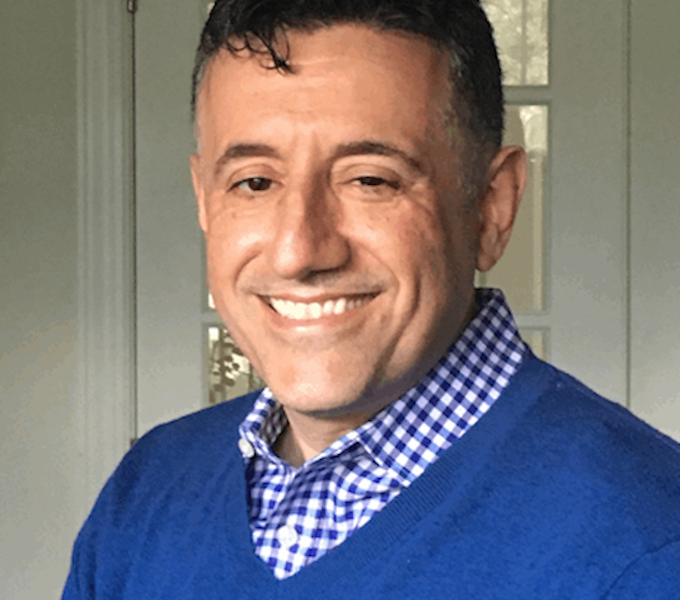
NADPH oxidase (Nox) & reactive oxygen species in signaling, vascular dysfunction and cardiopulmonary disease; Nox drug therapy development
*Currently accepting Graduate Students
*Currently accepting Graduate Students
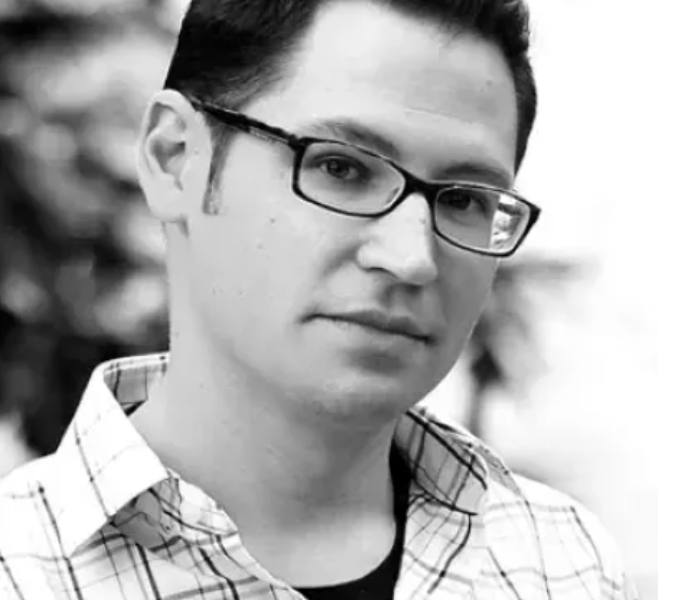
His research integrates data visualization and machine learning techniques to create visual interactive systems to help users make sense out of big data. Lately, his research focuses on human-centered data science and extracting insights from clinical data to support data-driven medicine.
*Currently accepting Graduate Students

What features do the genes and the genomes of vocal learning species have in common relative to those without the ability?
*Currently accepting Graduate Students
Identification of neural correlates that underlie the symptoms of specific abnormalities in emotion processing in people with mood disorders
*Currently accepting Graduate Students

Research in Dr. Rizzo’s lab focuses on investigating the mechanisms that drive divergence from healthy aging towards inception and progression of Alzheimer’s disease, in order to identify novel pathways and targets that may enable the discovery of new therapeutic agents to treat and prevent disease. Dr. Rizzo is a behavior pharmacologist by training and holds a BS in Animal Sciences from Rutgers University and a PhD in Neuroscience from University College London.
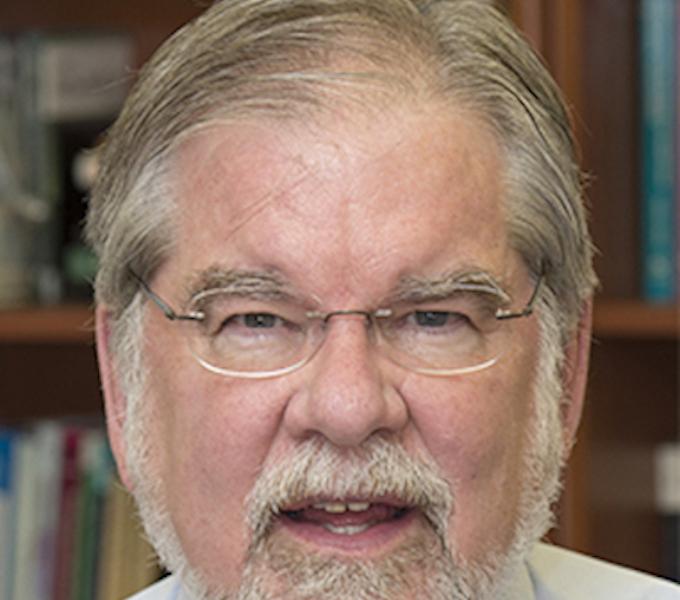
He is interested in the use of observational data analysis for causal inference, as well as in the measurement and inclusion of patient preferences into treatment decisions and the use of electronic health records for research.

Vascular development, hereditary hemorrhagic telangiectasia, zebrafish, BMP signaling, mechanotransduction.

Brain adaptation, neuroepidemiological approaches to the causes, biomarkers and consequences of brain aging, advanced data reduction analyses
*Currently accepting Graduate Students

Understanding the functional organization of spinal microcircuits using molecular genetic, electrophysiological, optogenetic & behavioral approaches
*Currently accepting Graduate Students

Research focuses on investigating neuron-glia communication in the normal hearing and in the hearing impaired
*Currently accepting Graduate Students
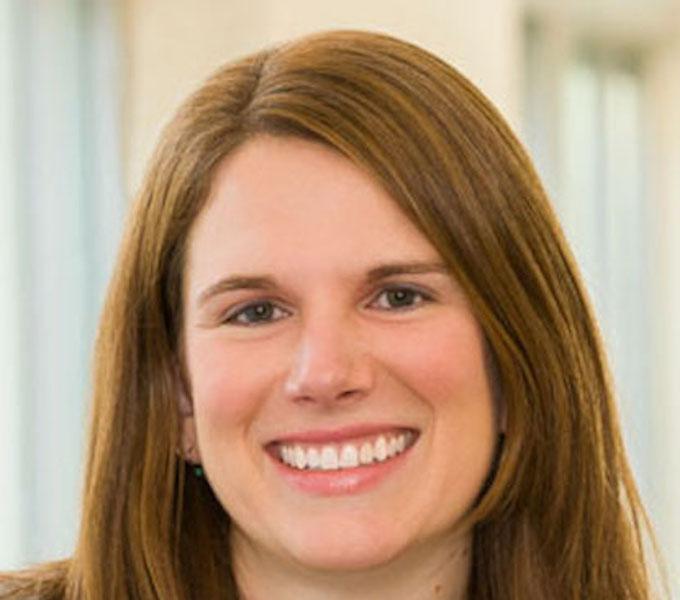
Dr. Sabik is a health economist & health services researcher focused on investigating the role of state & federal policies in affecting healthcare access, utilization, & health outcomes among low-income populations, with a particular focus on cancer care.

We develop materials-based, engineering strategies to control the self-organization and assembly of various cell types into tissues using nanoscale fabrication and 3D bioprinting. Understanding of higher-order function in biological systems.
*Currently accepting Graduate Students
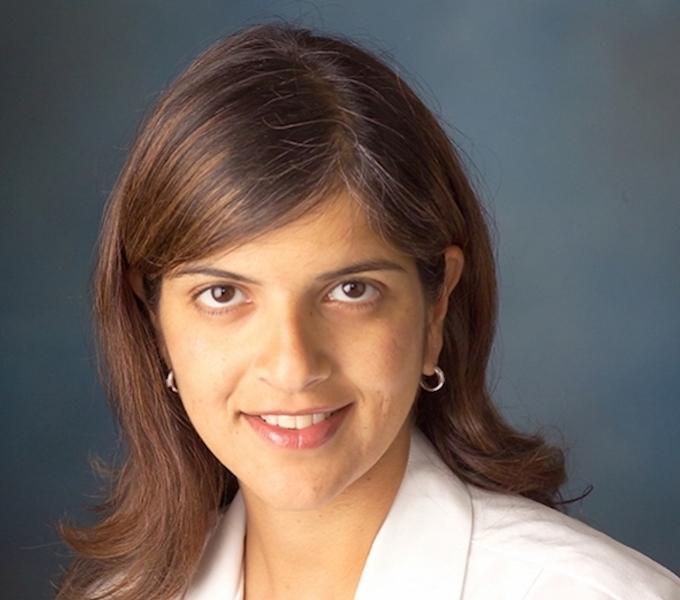
Dr. Sachdev-Ost's research examines how the nuclear protein HMGB1 is released from ischemic muscle, finding that its absence hinders recovery and that inflammasomes and platelets may affect its local availability.
*Currently accepting Graduate Students
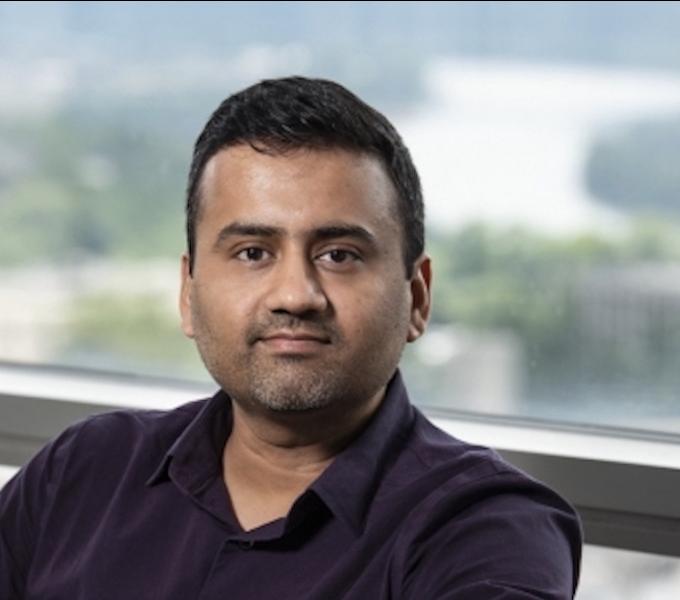
Neural mechanisms underlying complex sound perception in health and disease.
*Currently accepting Graduate Students
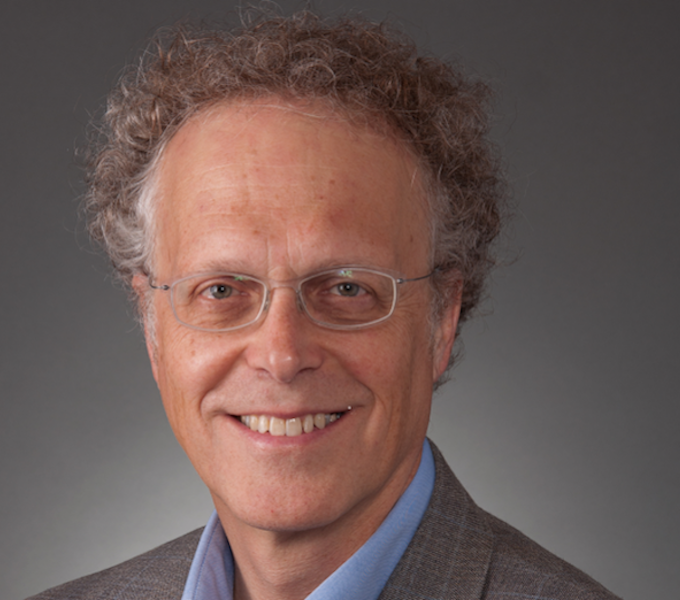
Our lab focuses on molecular mechanisms underlying placental development and its function in supporting fetal growth and maternal-fetal communication
*Currently accepting Graduate Students
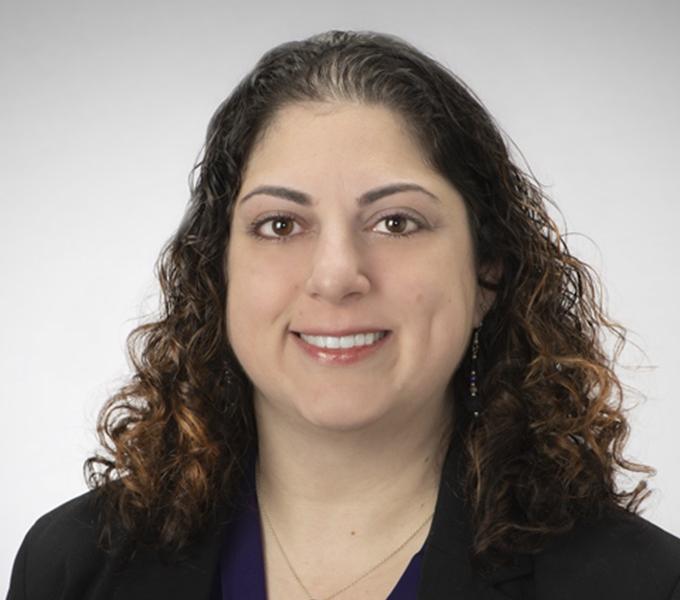
We use interdisciplinary approaches to understand how the nervous system regulates homeostasis and disease, including pain syndromes, cancer, and immune responses.
*Currently accepting Graduate Students

I work in the general area of computational biology, with emphasis on computational genetics and the modeling and simulation of biological systems
*Currently accepting Graduate Students

Our work is focused on neural circuits that mediate two neurological conditions: pain and Parkinson’s disease. We are also developing novel therapies to treat these conditions.
*Currently accepting Graduate Students

My lab is interested in the establishment of long term B cell immunity and in pathogenesis of systemic autoimmune diseases and graft vs host disease
*Currently accepting Graduate Students
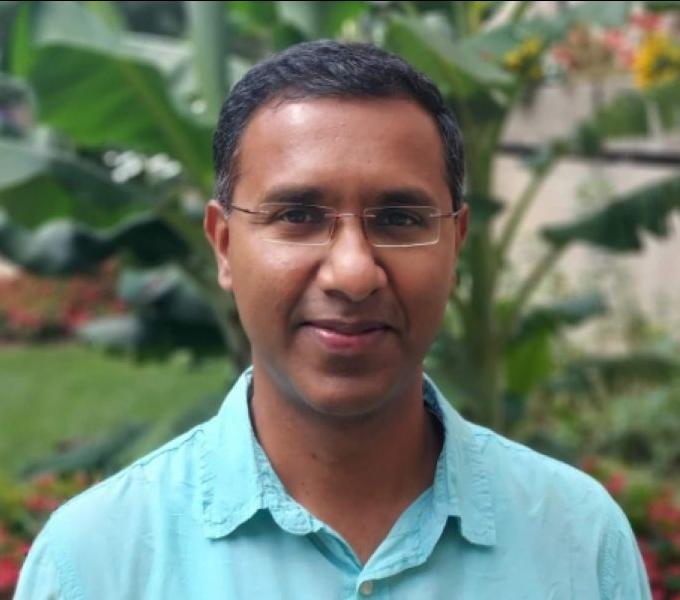
Our main interest is in understanding how abstract properties of sensory information (say, the color of an object or its direction of motion) are stored and used to guide actions.
We are interested in abstraction for two reasons:
- Abstraction is an essential substrate of thought, language and most higher order cognitive functions. It endows near infinite flexibility to our actions, allowing us to construct and follow instructions like "Press the red button if you saw something moving to the right". We investigate how such complex computations transpire in the neural networks of the brain.
- Abstraction is affected in psychiatric and neurological disorders of higher order cognition. By understanding the computations underlying abstraction, we hope to gain insights into their pathologies. We are particularly interested in thought disorders (e.g., Schizophrenia) and early dementia (e.g., MCI).
To study abstraction, we train animals to decide on abstract properties of ambiguous sensory stimuli. We record neural activity in their brain while they are making such decisions to understand the underlying computations. In parallel, we work with human patients, using the same behavioral tasks as the animals, to characterize deficits in abstract decision-making. Our ultimate goal is to develop animal models of these deficits using causal manipulation techniques (e.g., pharmacology and chemogenetics).

Neurophysiology of visual perception and cognition, computational neuroscience, cortical circuitry, neural population coding
*Currently accepting Graduate Students

I am interested in how our visual perception of the world is constructed from the activity of populations of neurons. My laboratory employs neurophysiological and computational approaches to this problem, integrating cognitive phenomena, such as attention and memory, with computational analyses, neuroanatomy and circuitry, and motor planning and action. Specifically, we simultaneously record from dozens of individual neurons in visual cortex and relate the activity we observe in cortical circuitry to experimental manipulations of visual perception.
My research has revealed that measurement of the local circuitry in the visual cortex is critical for understanding the building blocks of visual processing, both within and across brain regions. We found that functional connections between neurons vary depending on the visual stimulus, the distance between neurons, the temporal scale, and the cortical layer. We are currently exploring a number of questions, including: (1) How interactions between cortical regions influence neural populations, such as feedback from prefrontal areas to visual cortex; (2) How functional connections among neurons are modulated by the animal's task, such as planning a saccade to different regions of the visual field; (3) How information flow among neurons is altered within and between cortical lamina based on cognitive demands; (4) How cortical circuitry is altered with abnormal visual experience (such as in amblyopia or glaucoma), and how a better understanding of cortical circuitry might lay the foundation for cortical visual prosthetic devices.
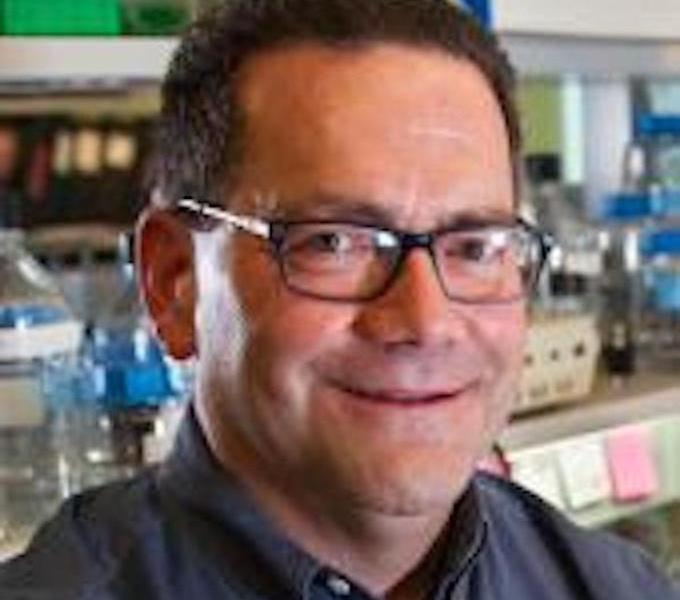
Non-receptor protein-tyrosine kinase structure, regulation and signal transduction in cancer, AIDS, and embryonic stem cell biology
*Currently accepting Graduate Students

Biomarker discovery, beneficial effects of mechanical loading, & implementation in targeted exercise therapies for musculoskeletal conditions
*Currently accepting Graduate Students

We have pioneered research in a historically understudied area of ophthalmology, the ocular microbiome and its effect(s) on ocular disease. Normally a highly contentious topic in ophthalmology, the ocular microbiome does, indeed, tune local immunity to prevent fungal and bacterial infection.
*Currently accepting Graduate Students

Mechanisms of white blood cell differentiation & its inhibition in leukemias; Mechanisms of stem cell differentiation & growth control
*Currently accepting Graduate Students

Our studies will be a direct outgrowth of this work, where we will focus on the molecular, cellular, and in vivo contribution of somatic hemoglobins and CytB5Rs as it pertains to vascular physiology and disease.
*Currently accepting Graduate Students
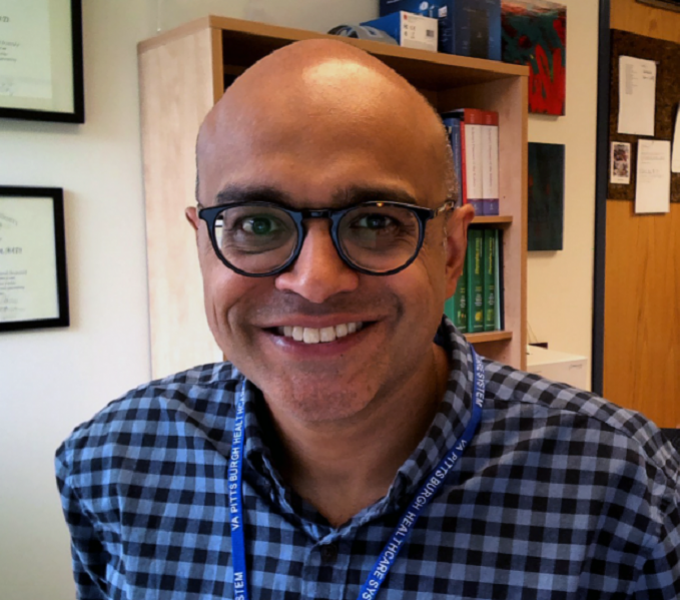
Our work is focused on the relationship between biomolecular condensates, cytoplasmic crowding, cell fluid volume and size control, and kidney tubule function in health and disease
*Currently accepting Graduate Students
Loss and altered plasticity of auditory cortex synapses in schizophrenia; mediators of vulnerability to psychosis in Alzheimer disease.
*Currently accepting Graduate Students

Psychosocial issues in organ and tissue donation and transplantation.
*Currently accepting Graduate Students
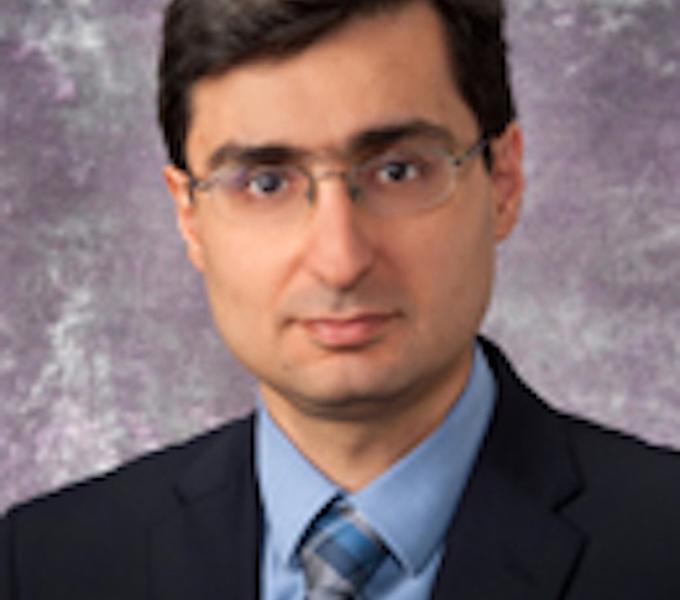
Our research interest is development of novel molecular and metabolic imaging strategies for early detection and risk stratification of cardiovascular and pulmonary diseases using high-resolution SPECT and PET.
*Currently accepting Graduate Students
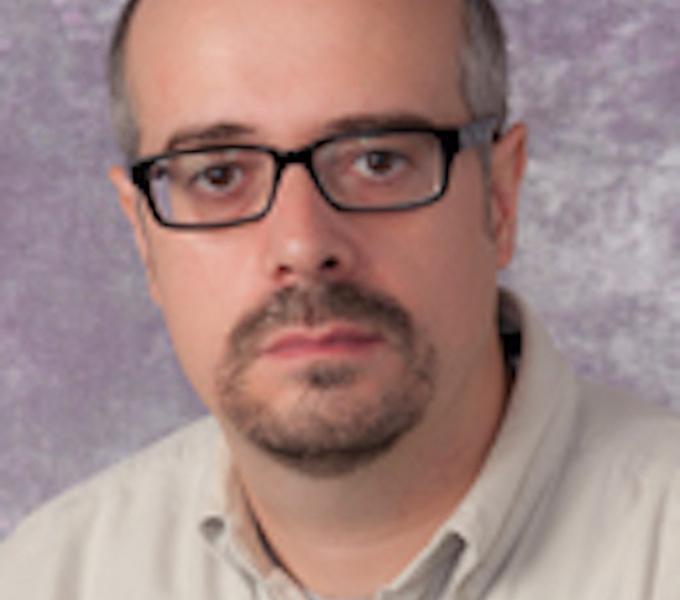
Dr. Tejero's research focuses on heme proteins, aiming to characterize nitrite reactions with hemoglobin and myoglobin, understand the cytoprotective roles of neuroglobin and cytoglobin, and develop heme-based antidotes for carbon monoxide poisoning.
*Currently accepting Graduate Students

We use molecular, biochemical, and cellular approaches to study the pathogenesis of Alzheimer’s disease.
*Currently accepting Graduate Students
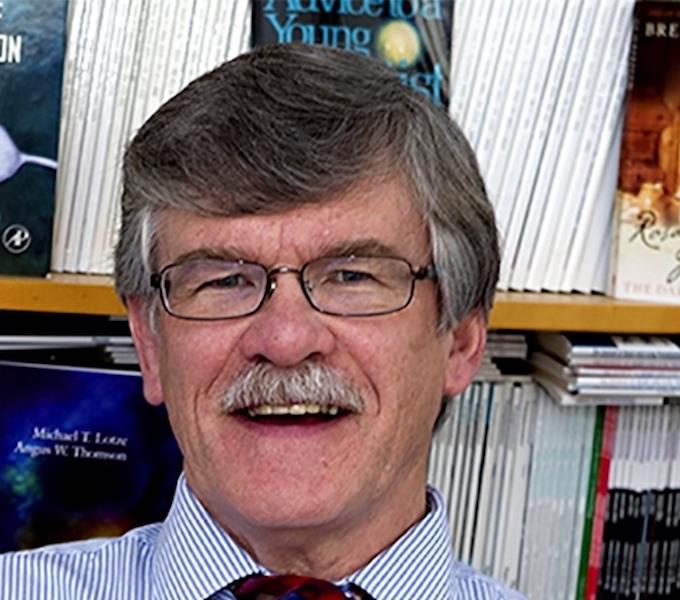
Regulation of the immune response; role of dendritic cells and T cells in tolerance induction; mechanism of action of novel immune suppressants
*Currently accepting Graduate Students
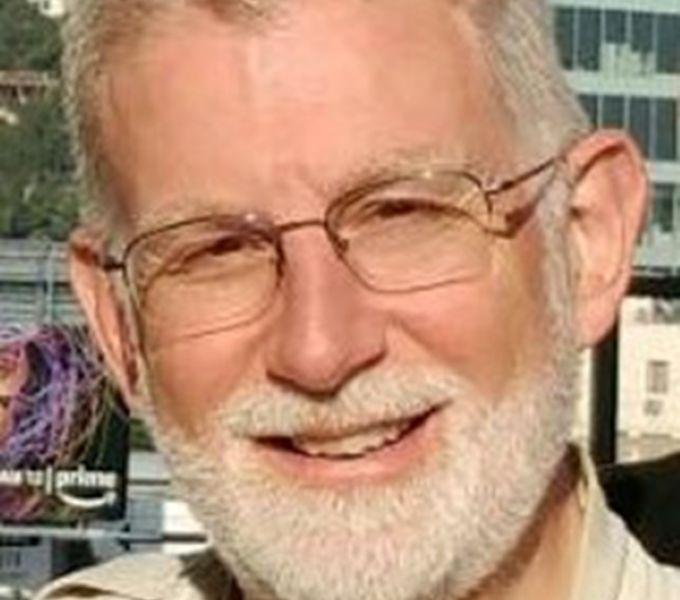
Dennis Trumble uses multiscale computational models of the beating heart to develop implantable devices for cardiac assist purposes.
*Currently accepting Graduate Students
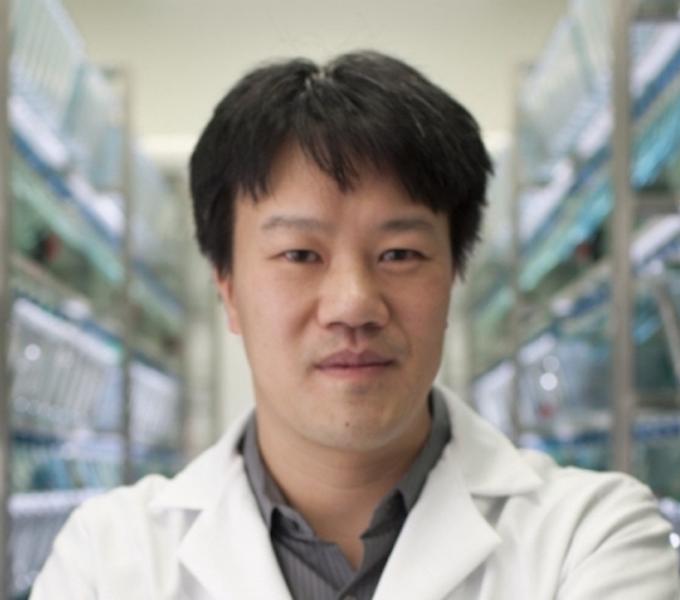
Zebrafish Heart Development and Regeneration; Research in Dr. Tsang’s lab has focused on the role of Fibroblast Growth Factor (FGF) signaling in zebrafish development. Another area of research in Dr. Tsang’s lab is using zebrafish as a model for human congenital heart disease and in understanding the early events that establish left-right patterning.
*Currently accepting Graduate Students
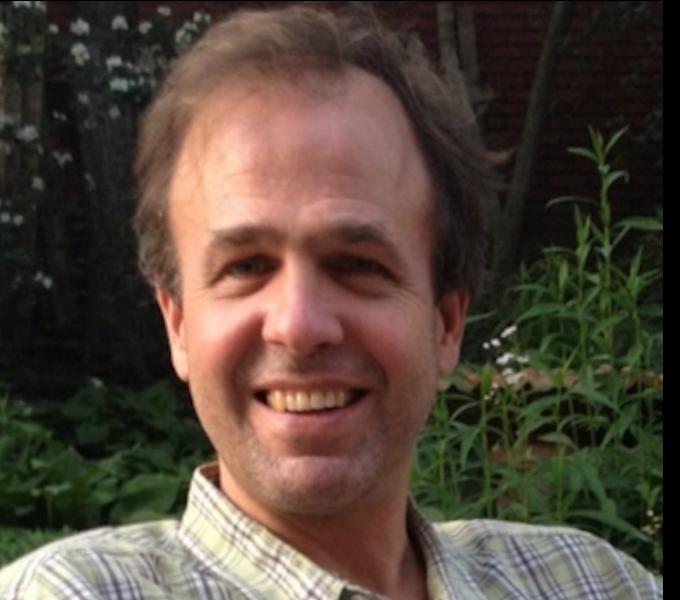
Basal ganglia-cortical dysfunction in Parkinson's disease and therapeutic mechanisms of deep brain stimulation
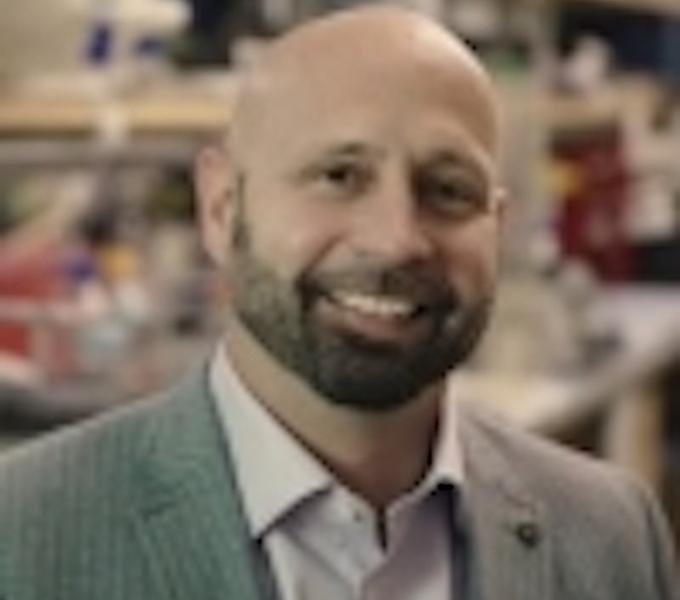
Understanding and controlling the cytokine networks that direct immune responses responsible for both protective and pathological immunity.
*Currently accepting Graduate Students
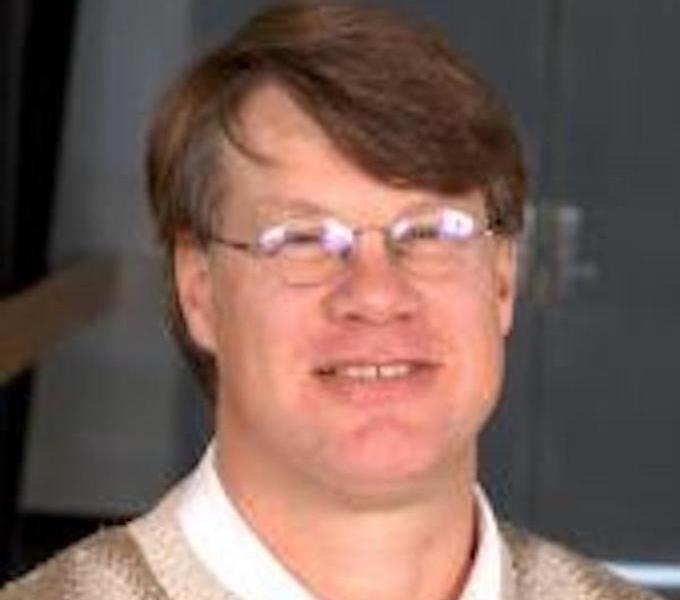
Repair of DNA damage in nuclear and mitochondrial genomes; 2) Structure and function of nucleotide excision repair proteins.
*Currently accepting Graduate Students
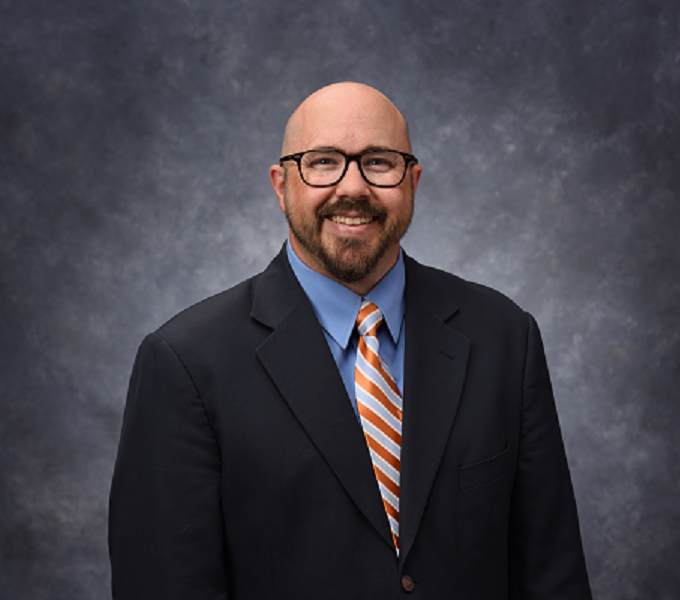
Extracellular Matrix Remodeling, Tissue Engineering, Biomechanics, Computational Modeling
*Currently accepting Graduate Students

My research focuses on neural, vascular and metabolic imaging of normal brain function in vivo with extensions to neurological pathologies, especially Alzheimer’s disease. I use an array of computational and optical methodologies.
*Currently accepting Graduate Students

The inhibitory mechanisms, including inhibitory receptors & regulatory T cells, that limit anti-tumor immunity in cancer patients.
*Currently accepting Graduate Students

Dr. Villanueva's research focuses on the development of medical diagnostic and therapeutic strategies based on ultrasound and ultrasound contrast agents (gas-filled microspheres, or microbubbles).
*Currently accepting Graduate Students
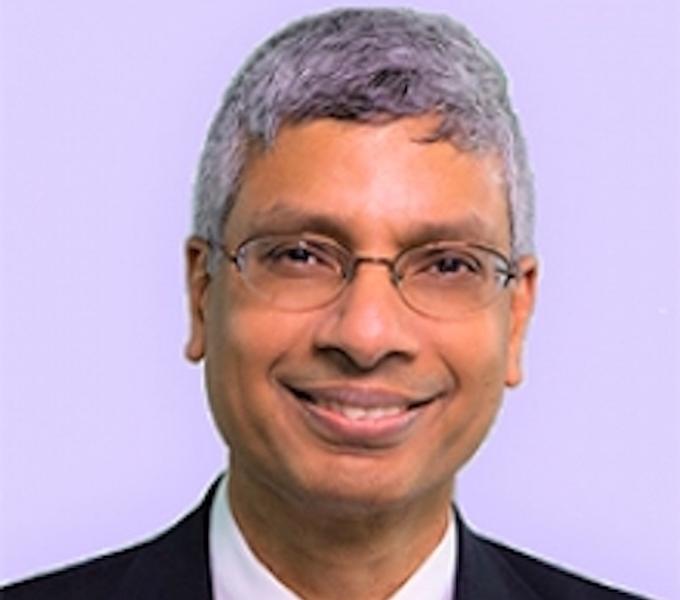
Computer-aided diagnosis and patient-specific prediction, genomic and precision medicine, clinical decision support, research data warehouse
*Currently accepting Graduate Students
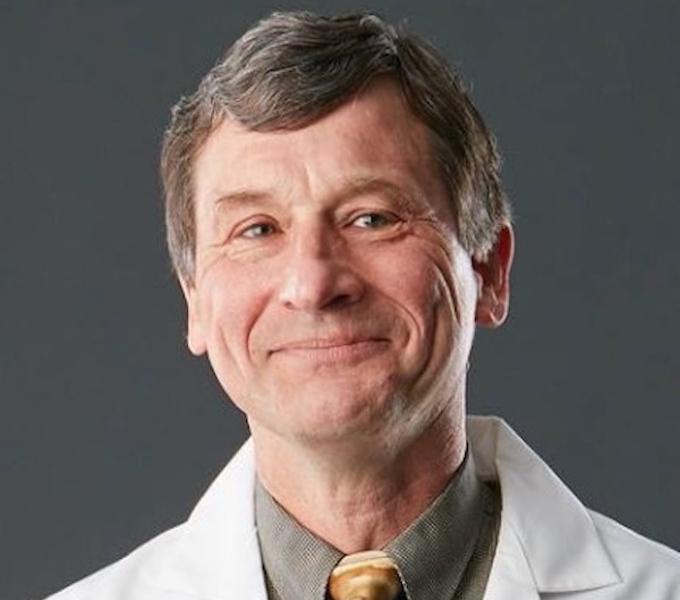
My research focuses on mitochondrial energy metabolism, branched chain amino acid metabolism, inborn errors of metabolism, and development of novel therapies for inborn errors of metabolism.

Cardiovascular engineering with projects that address medical device biocompatibility and design, tissue engineering, and imaging.
*Currently accepting Graduate Students

Wang’s research focuses on understanding how the immune system behaves within the microenvironment of a tumor in head and neck cancer and B cell lymphoma. She also studies how changes in the DNA of B cells alter how the body produces antibodies that are used to fight pathogens and cancer cells. Her research will shed light on how cancer cells evade detection by the immune system, findings that will help develop new immunotherapies and improve existing treatments.
*Currently accepting Graduate Students
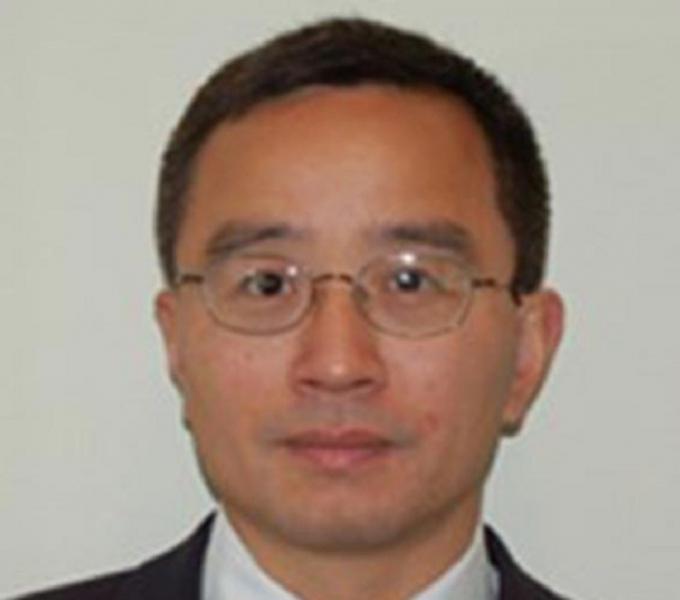
His research is focused on androgen action in prostate cancer and benign prostatic hyperplasia. The Wang lab is actively pursuing following research directions: (a) the roles of androgen-responsive genes in prostate carcinogenesis, particularly the mechanisms of tumor suppression by ELL-associated factor 2 (EAF2), which is encoded by up-regulated androgen-responsive gene U19, (b) improvement of intermittent androgen deprivation therapy of prostate cancer based on differential action of testosterone and dihydrotestosterone (DHT), (c) the mechanisms regulating androgen receptor (AR) intracellular trafficking, level and activity, and (d) developing novel small molecule inhibitors targeting AR signaling for the treatment of prostate cancer that are resistant to current anti-androgens
*Currently accepting Graduate Students
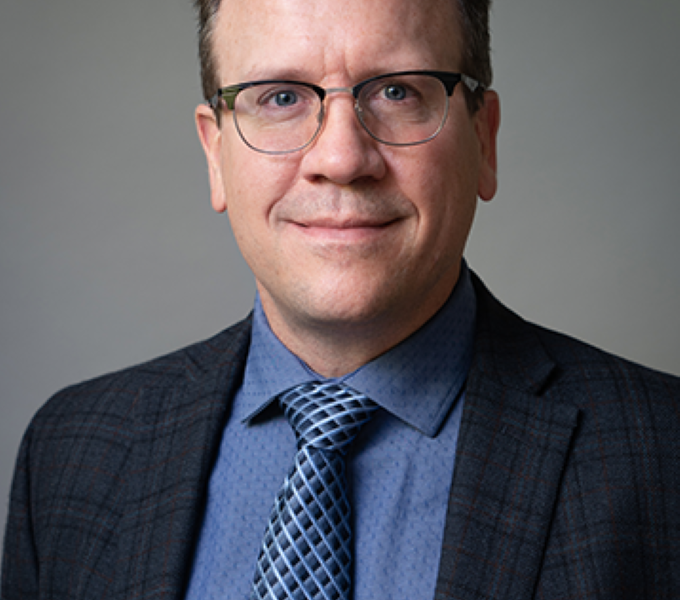
Douglas Weber is broadly interested in understanding the role of sensory feedback in supporting and regulating a wide range of perceptual, motor, cognitive, and autonomic functions. His research combines fundamental neuroscience and engineering research to understand physiological mechanisms underlying sensory perception, feedback control of movement, and neuroplasticity in sensorimotor systems. Knowledge gained from these studies is being applied to invent new technologies and therapies for enhancing sensory and motor functions after stroke, spinal cord injury, or limb loss. These principles are also being applied to develop wearable devices for enhancing sensory, motor, and cognitive functions in healthy humans. He is committed to transitioning outputs of his academic research into practical technologies that support real-world applications, and he works actively with industrial partners to bridge the gap from bench to market.
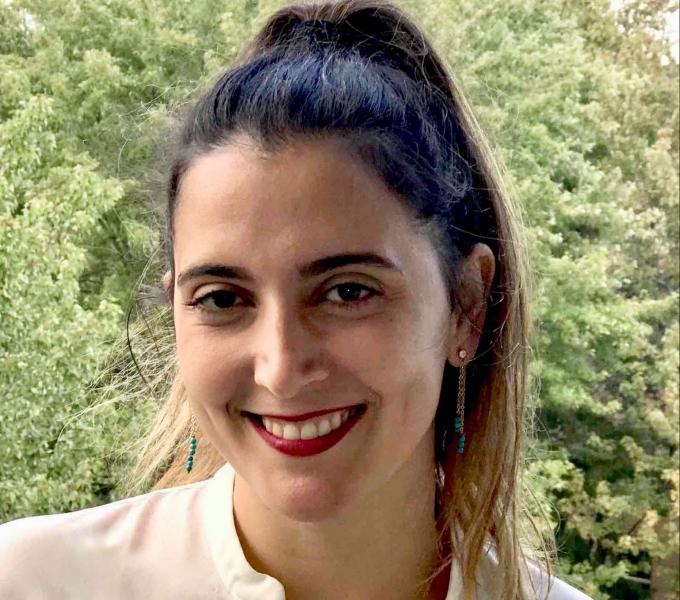
I use machine learning and brain imaging to study the brain representations underlying language comprehension and other high-level functions.
*Currently accepting Graduate Students

Focuses on asthma phenotypes and the molecular mechanisms, particularly in the airway epithelium that control them
*Currently accepting Graduate Students

the cell entry, immunity, and pathogenesis of human metapneumovirus (HMPV)
*Currently accepting Graduate Students
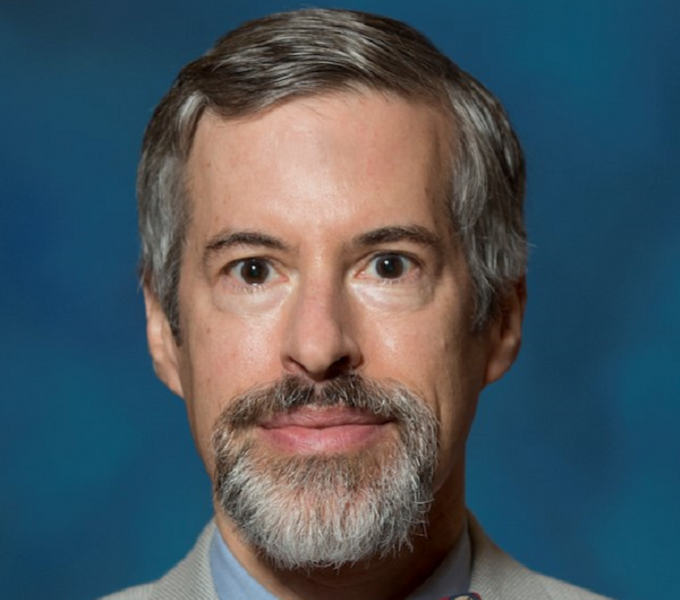
The Laboratory for Research on Arm Function and Therapy (RAFT) studies upper extremity motor function in healthy and disease states and particularly focuses on methods to improve recovery of motor function after stroke, using non-invasive brain activity-recording and stimulation techniques, robots, and wearables.
*Currently accepting Graduate Students
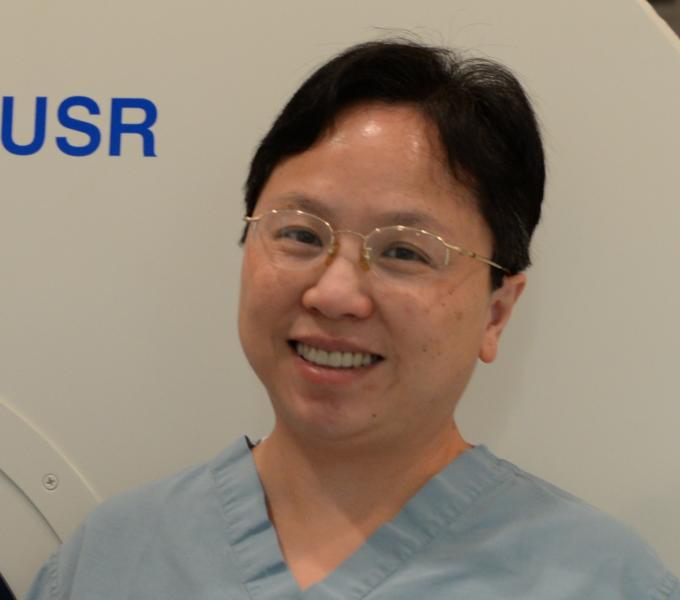
MuSIC 4 MIND: Multi-Systems Imaging Characterization for Mitochondrial Involvement in Neurological Diseases:
Leveraging novel systems imaging to uncover molecular mechanisms underlying epilepsy, traumatic brain injury, fetal alcohol syndrome, in utero exposure, congenital heart disease, mitochondrial disorders, childhood-onset epileptic encephalopathy and developmental origin of adult-onset diseases.
*Currently accepting Graduate Students
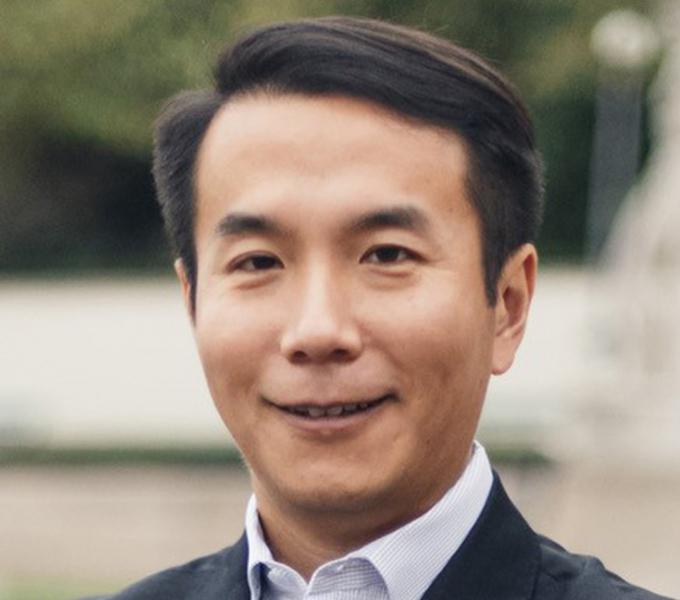
Dr. Xia’s research addresses clinically relevant questions: (1) how does multiple sclerosis start and how to prevent this chronic neurological disease, (2) what contributes to individual variation among people with multiple sclerosis and how to bring precision medicine to multiple sclerosis. He leads an interdisciplinary research team to harness multi-dimensional, longitudinal, patient-derived data and deploy integrative quantitative science approaches. The long-term goal of his research program is to gain insights into the underlying disease and translates these findings into the clinical arena to improve individualized risk prediction, prevention, and management in multiple sclerosis and other related disorders.

My lab currently focuses on Epithelial-to-Mesenchymal Transiton (EMT). EMT is defined as the conversion of epithelial cells to mesenchymal cells, characterized by loss of cell-cell adhesion and increased cell motility.
*Currently accepting Graduate Students

My lab focuses on developing targeted therapies that target beta cell mass and function in the pathogenesis of diabetes. Currently funded projects include 1) the role of the circadian clock in beta cell metabolic flexibility, 2) Interventions and mechanisms addressing the role of circadian clock disruptions in diabetes, atherovascular, and Alzheimer's' diseases 3) the role of Tead1 and the Hippo pathway in the transcriptional regulation of quiescence and proliferation of beta cells. We are also interested in how these pathways affect obesity, adipose biology, and cardiac biology.

Our goal is to establish how neural circuits lead to these action selection decisions. The vital ability to make appropriate actions requires the coordination of motor, reward, and cognitive brain systems.
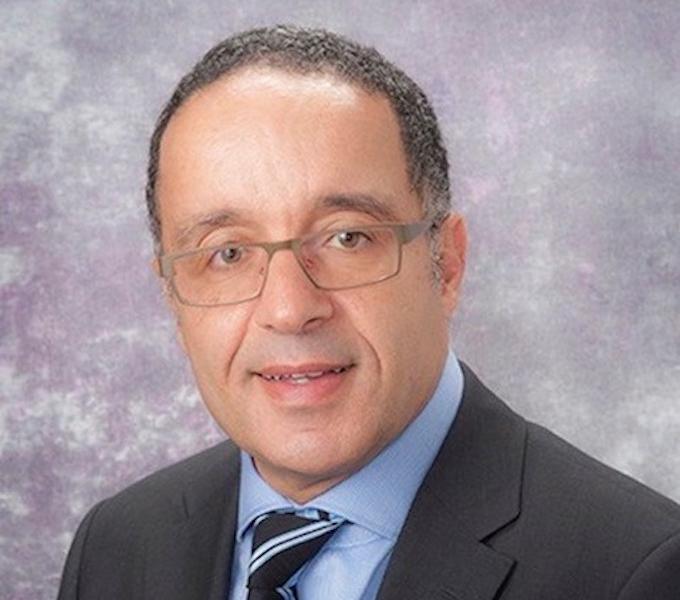
Hassane Zarour's research focuses on identifying MHC class II tumor epitopes from cancer-germline antigens in melanomas, analyzing CD4+ T cell responses, and studying immune responses in melanoma patients receiving peptide- and protein-based vaccines with CpG oligonucleotides.
*Currently accepting Graduate Students
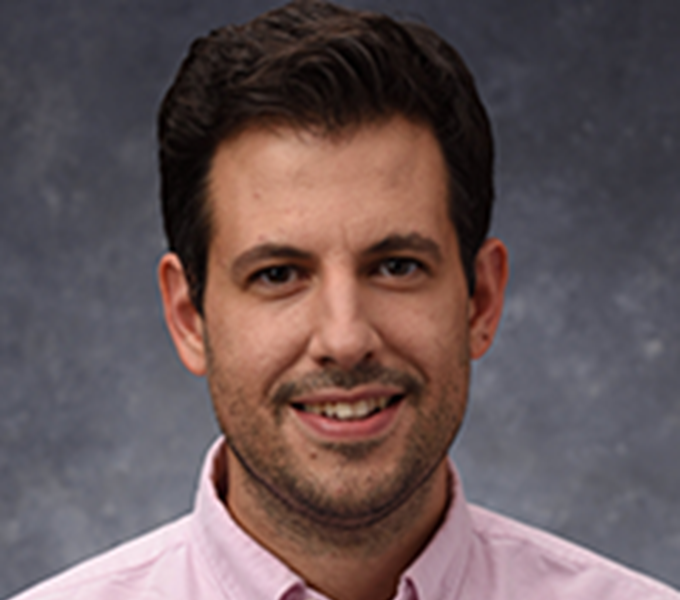
We are employing a quantitative approach using microfluidics, systems biology modeling and in vivo systems to investigate how microenvironmental signals (paracrine, hypoxia, mechanical forces and ECM composition) impact cell growth, migration and therapeutic response in the context of cancer (ovarian and breast) and remodeling tissues
*Currently accepting Graduate Students
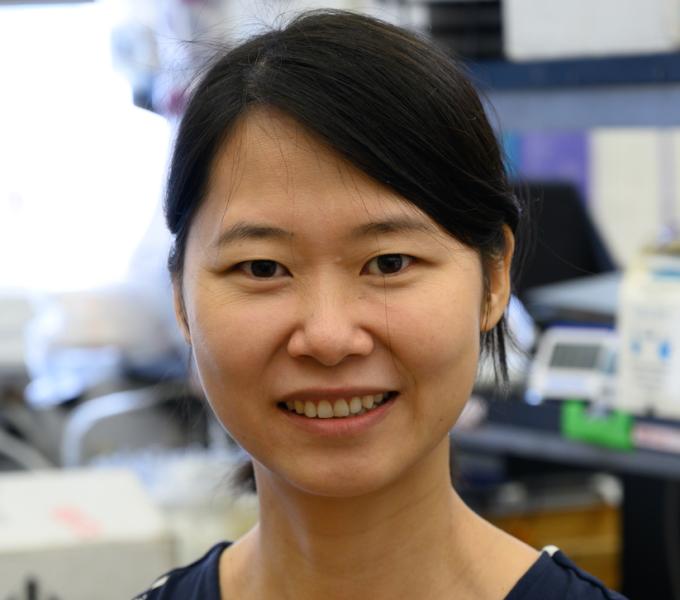
The phase transition process of liquid-liquid de-mixing organizes proteins and RNAs into liquid compartments in cells. We study how this process promotes cellular functions in healthy cells and how mis-regulation of it leads to cancer.
*Currently accepting Graduate Students

We investigate the immunopathogenesis of respiratory viruses-induced lung injury and repair, with a particular focus on the immunomodulation of pulmonary endothelial cells during innate and adaptive immune response. We aim to develop novel therapies to reduce inflammation, enhance tissue repair, and decrease patient mortality.

Our lab is an interdisciplinary research group that combines diverse bioengineering and chemical approaches to develop novel techniques for interrogation of biological and pathological processes in cells and tissues.
*Currently accepting Graduate Students

Dr. Zhu’s lab is currently investigating the regulation as well as the physiological/pathological functions of the 12h-clock, taking a combination of computational, biochemical, genetic, cellular, imaging and genomic approaches.
*Currently accepting Graduate Students


